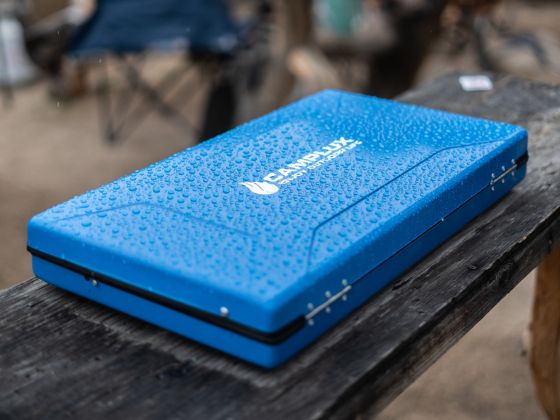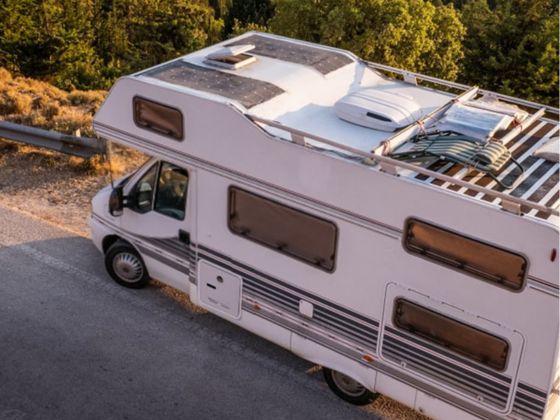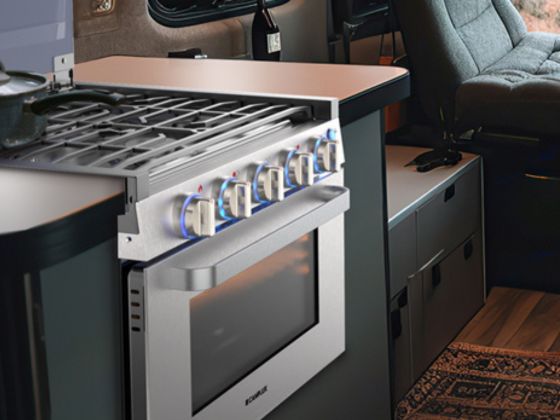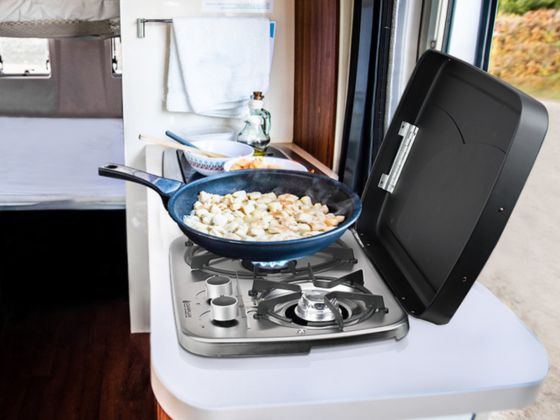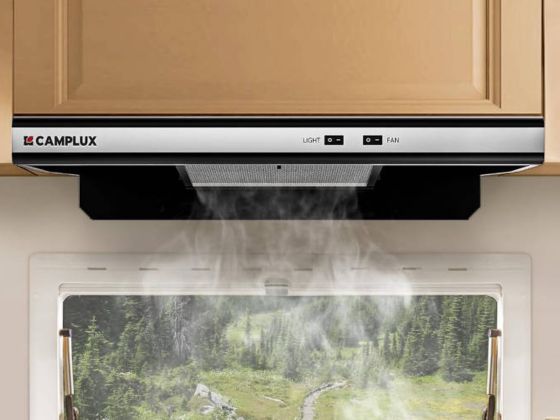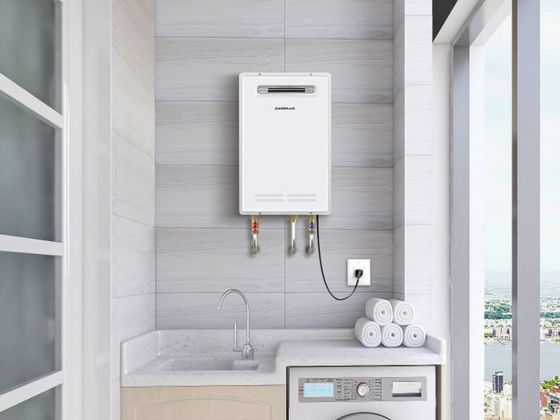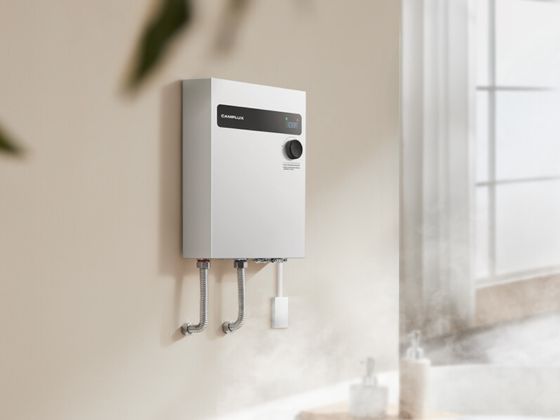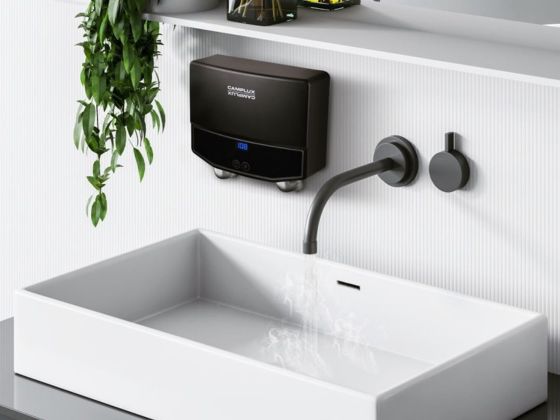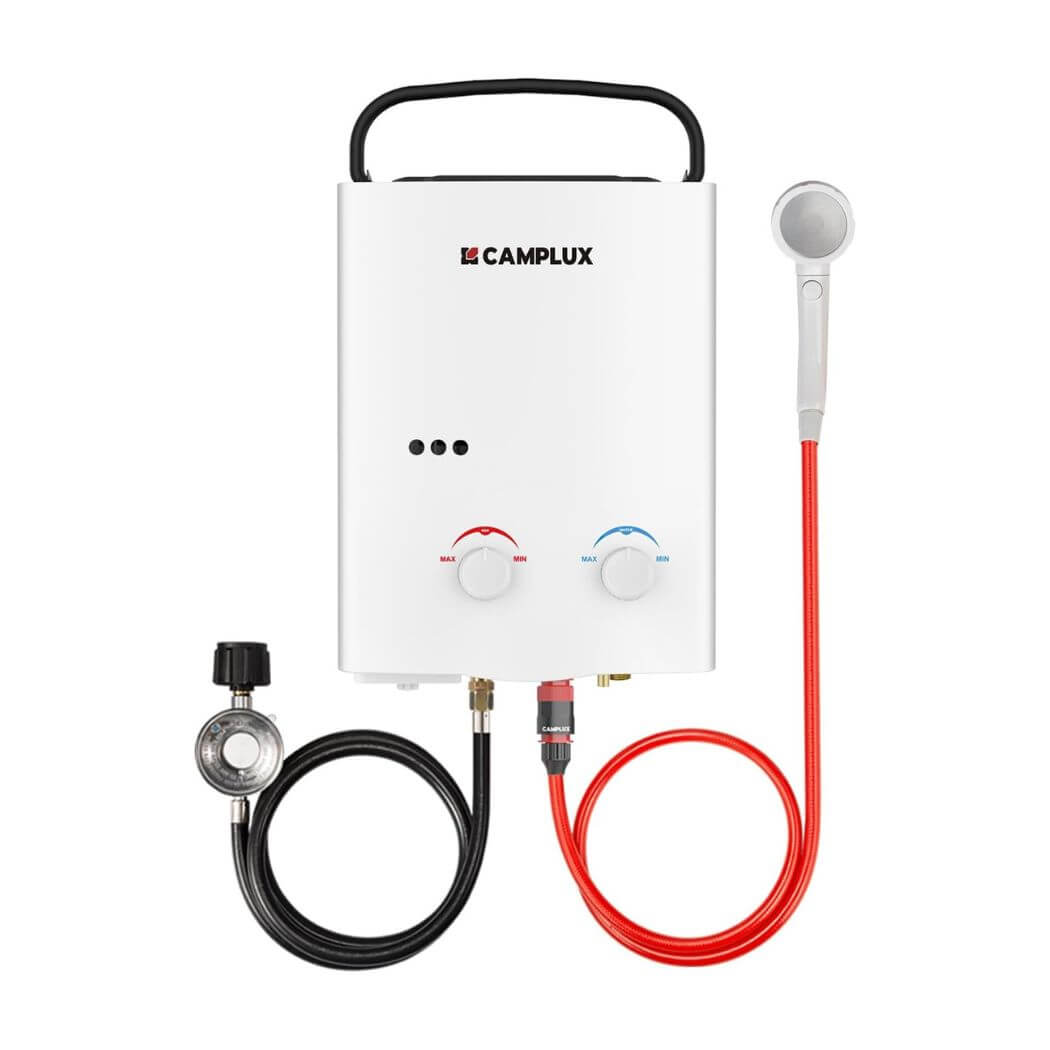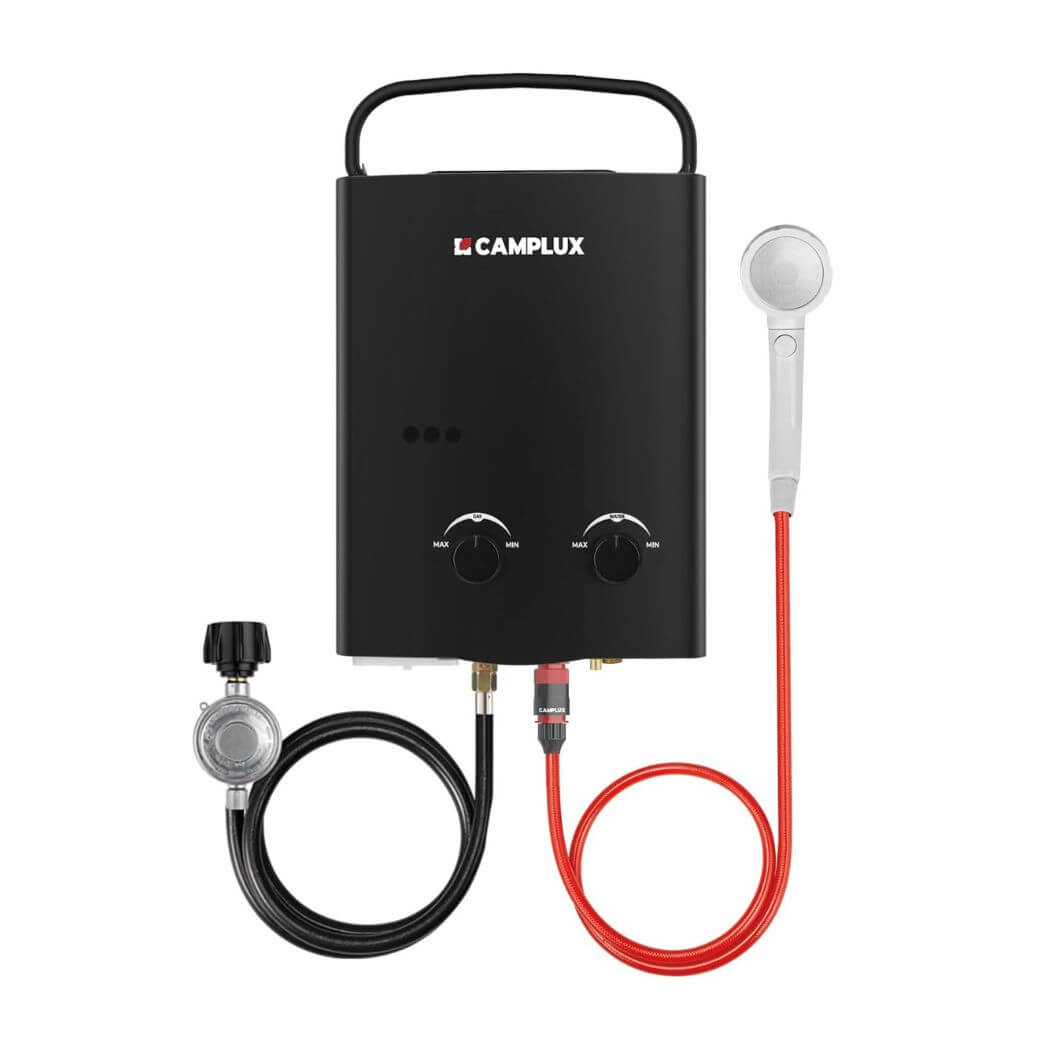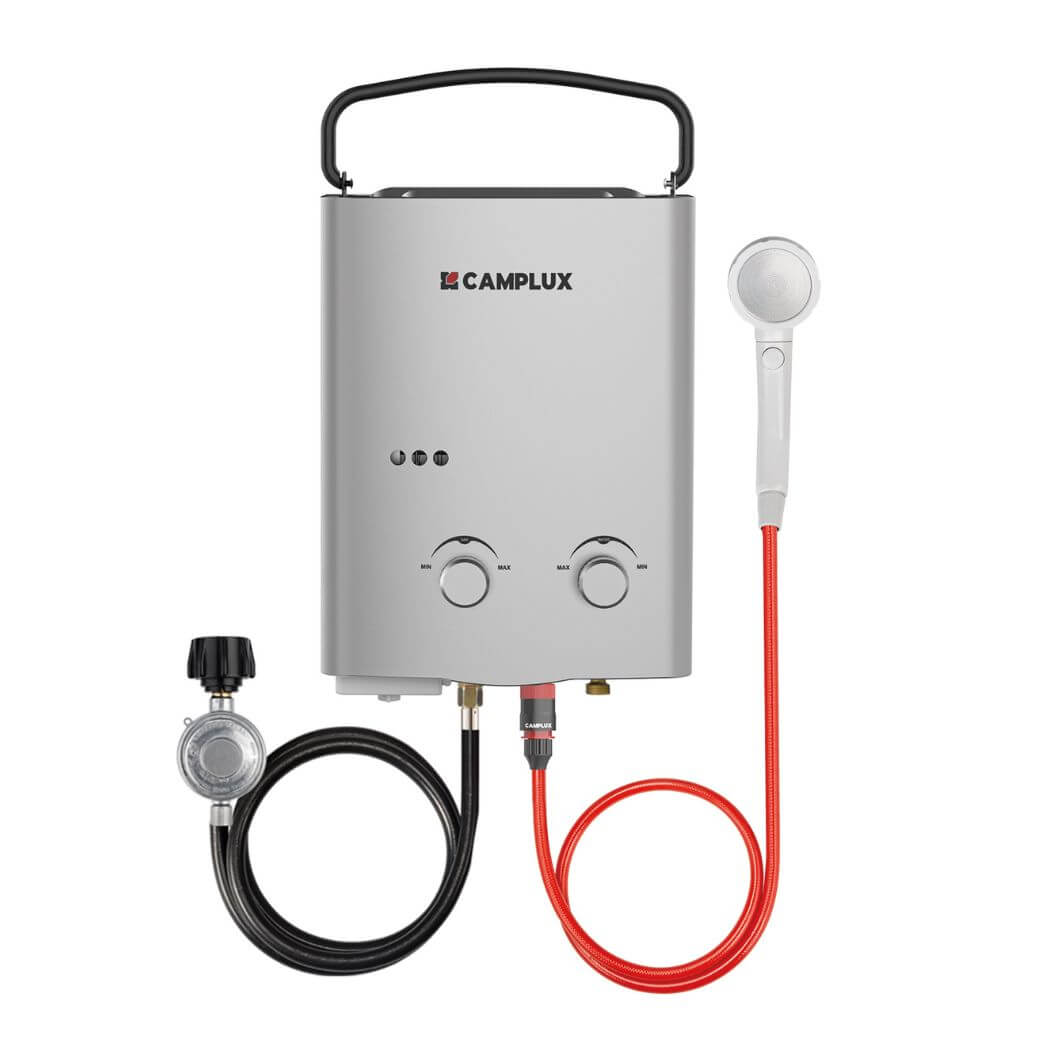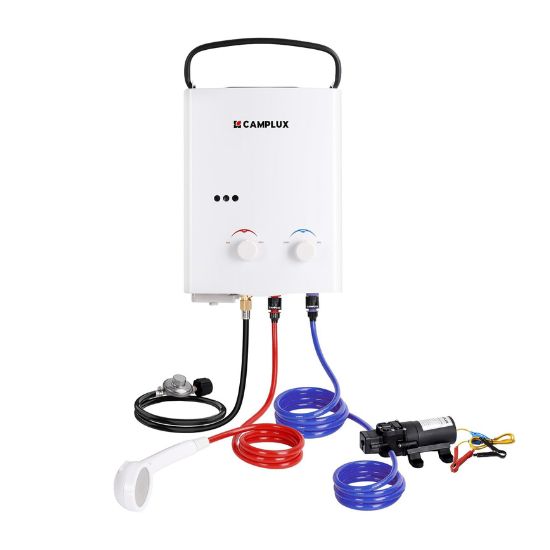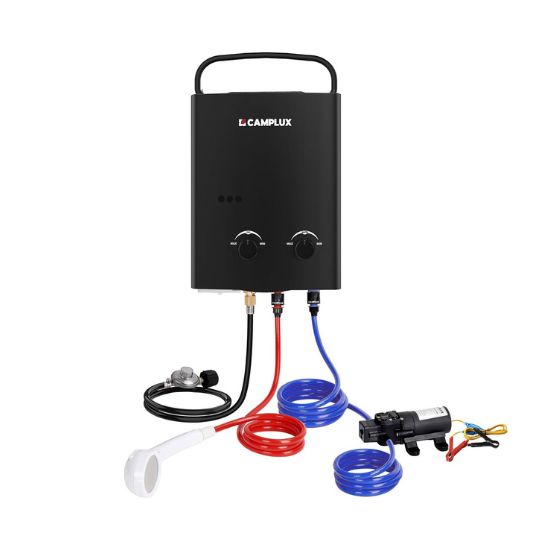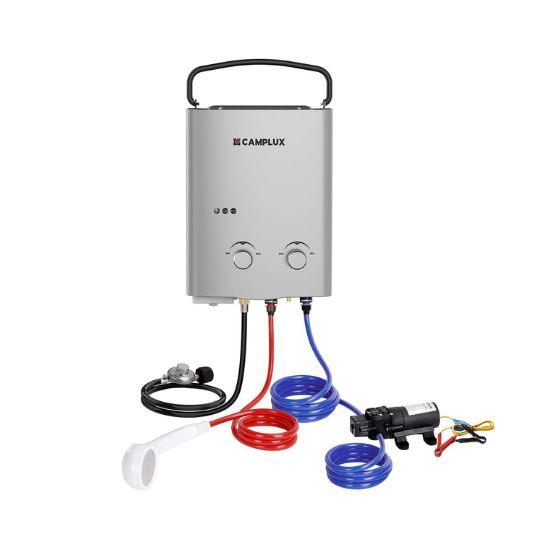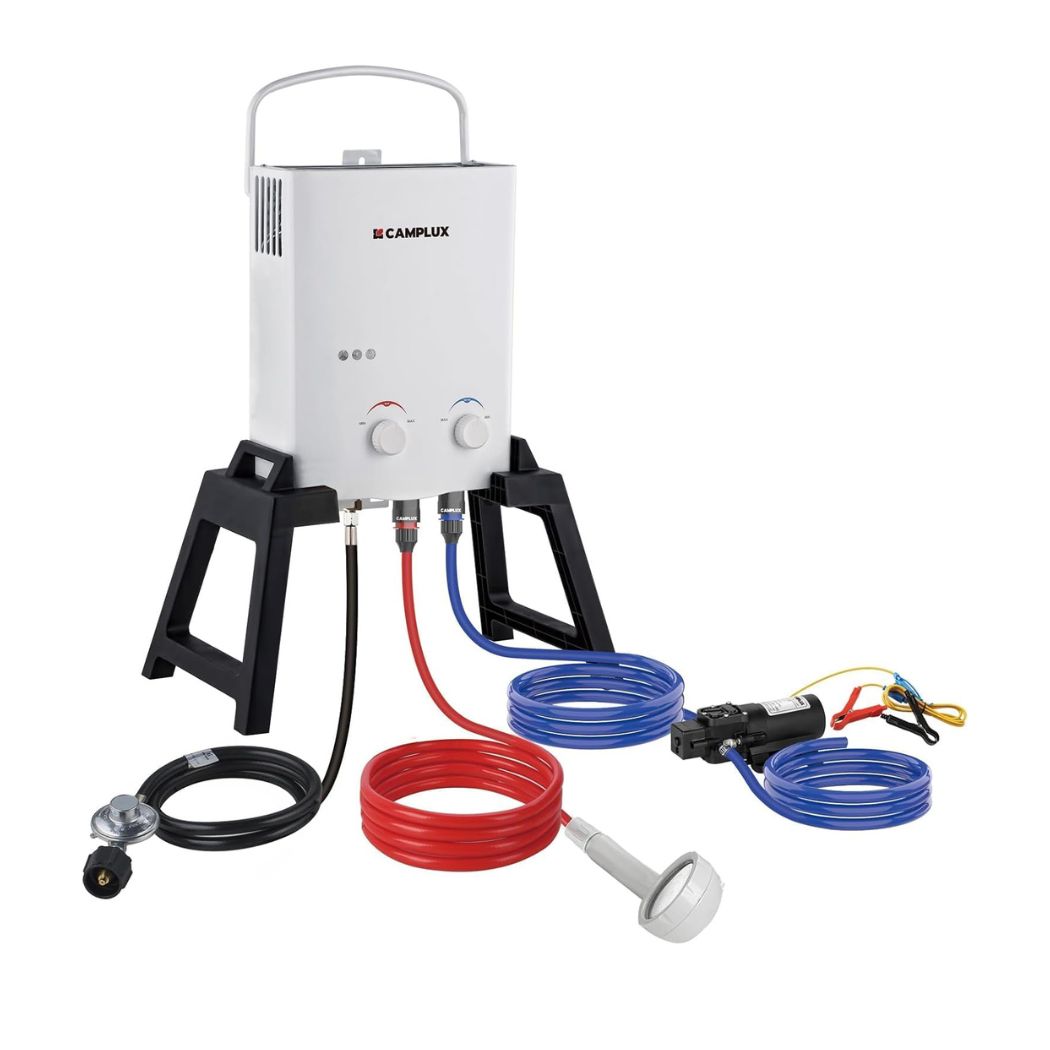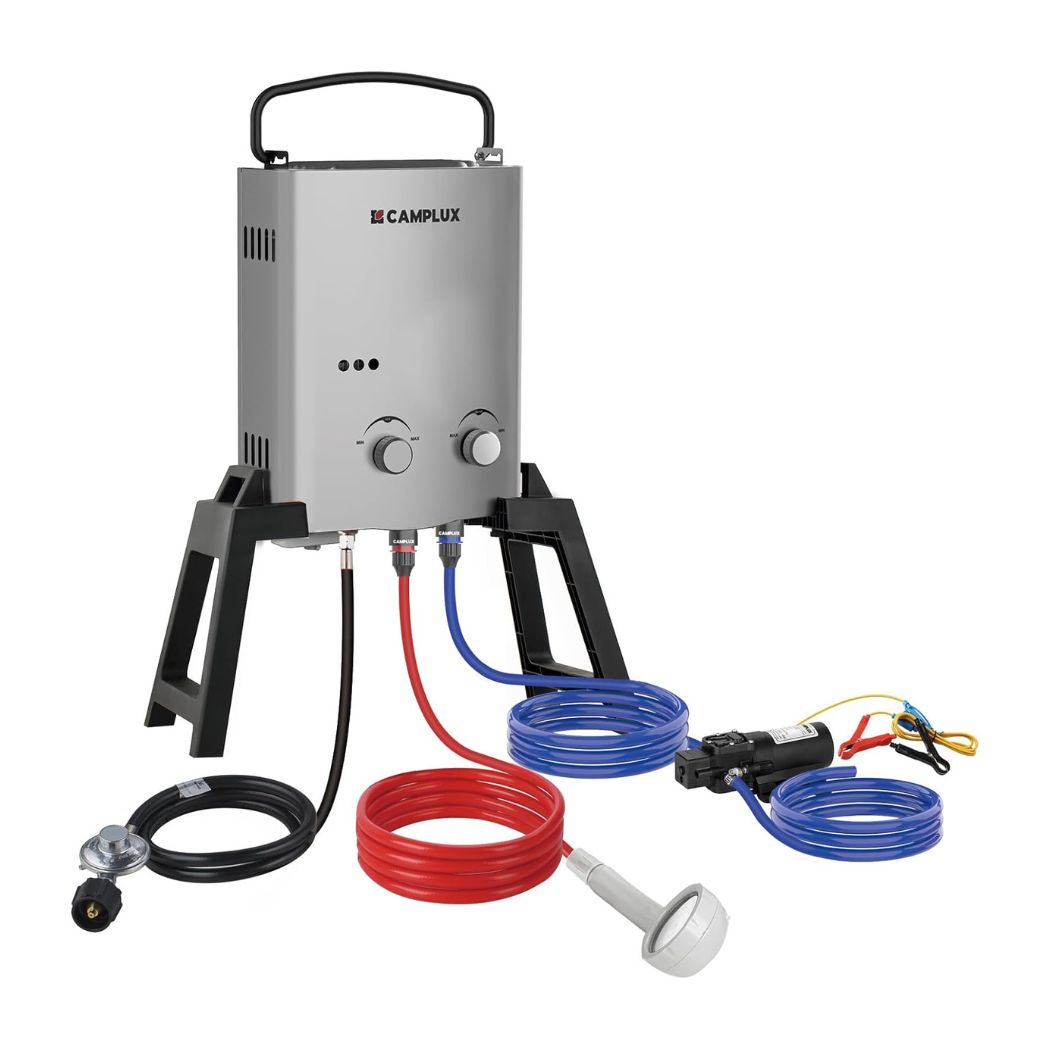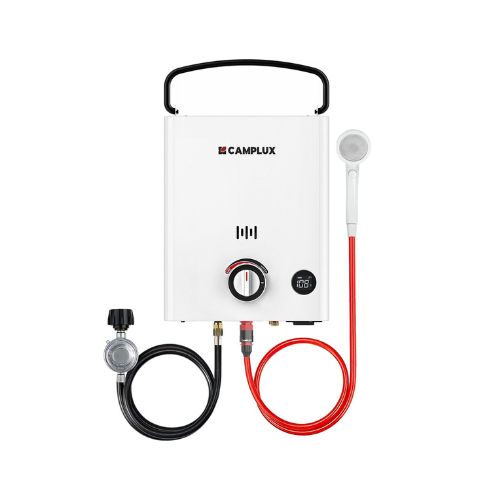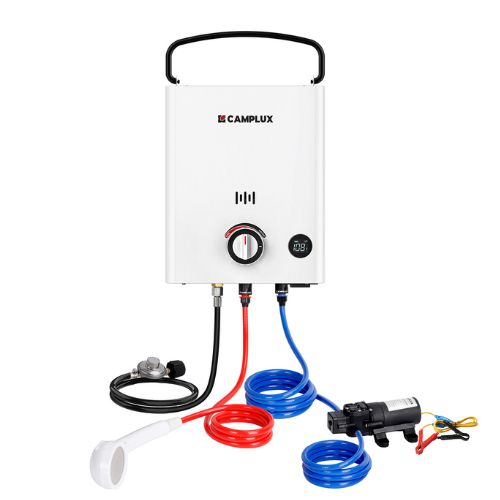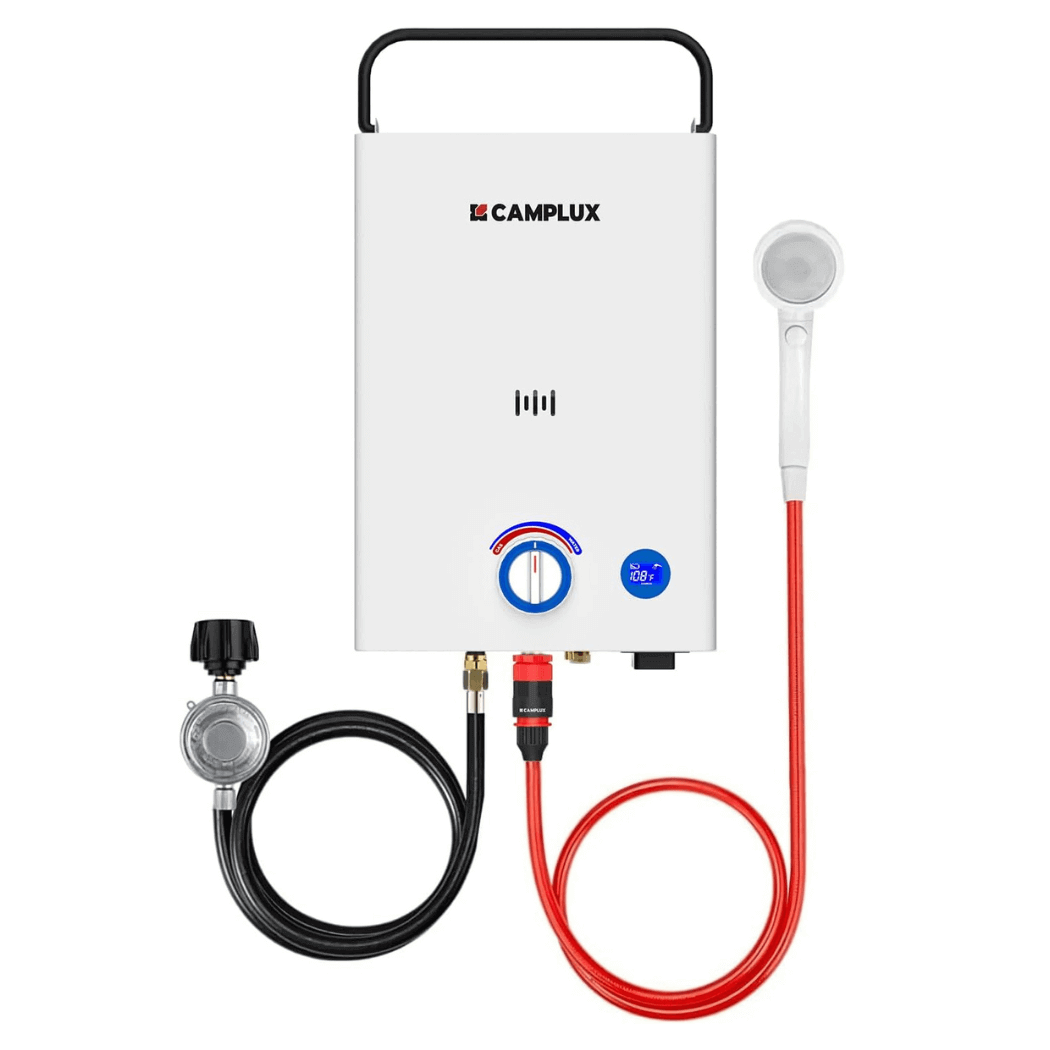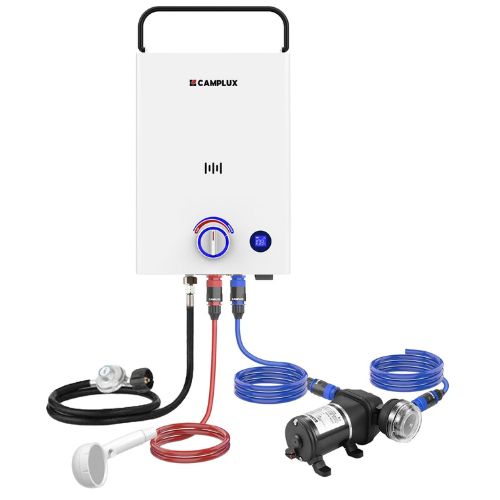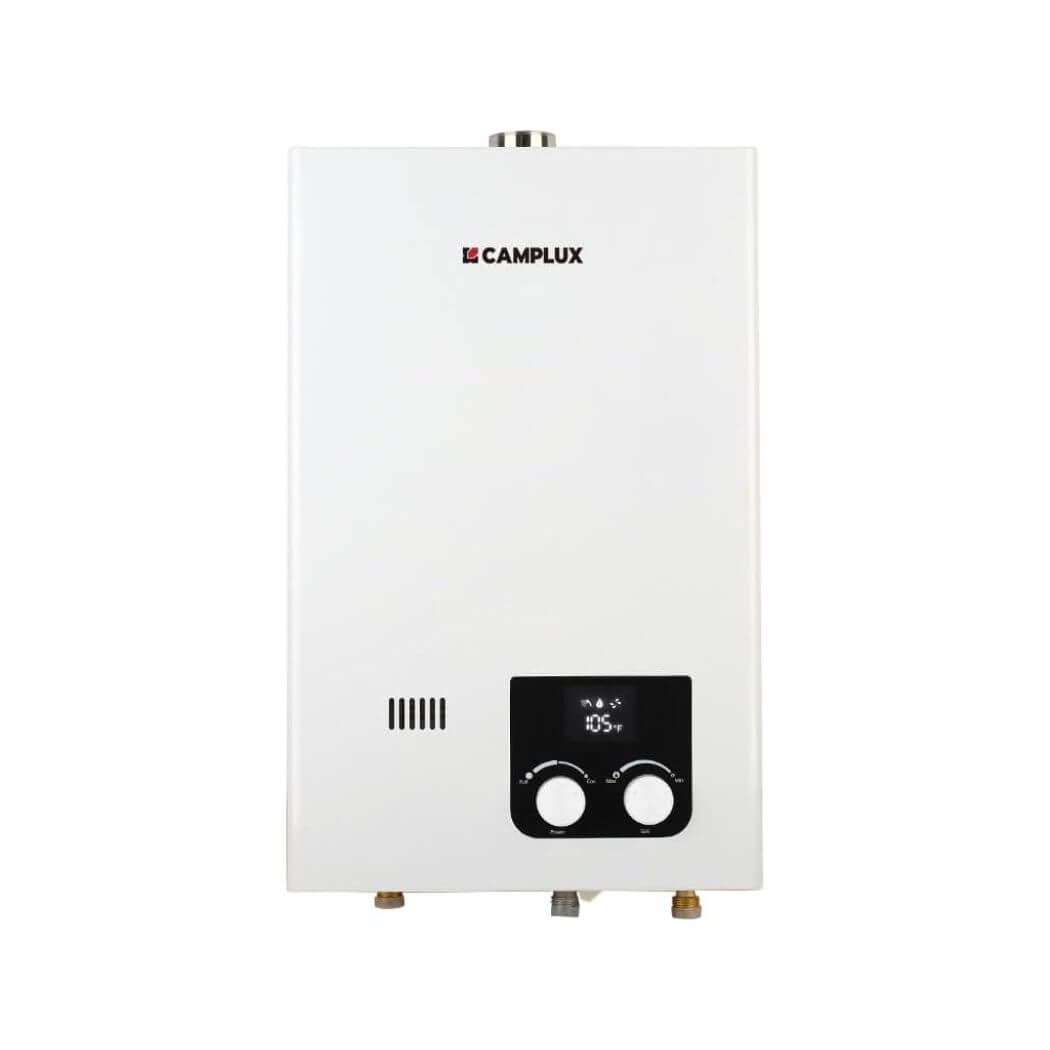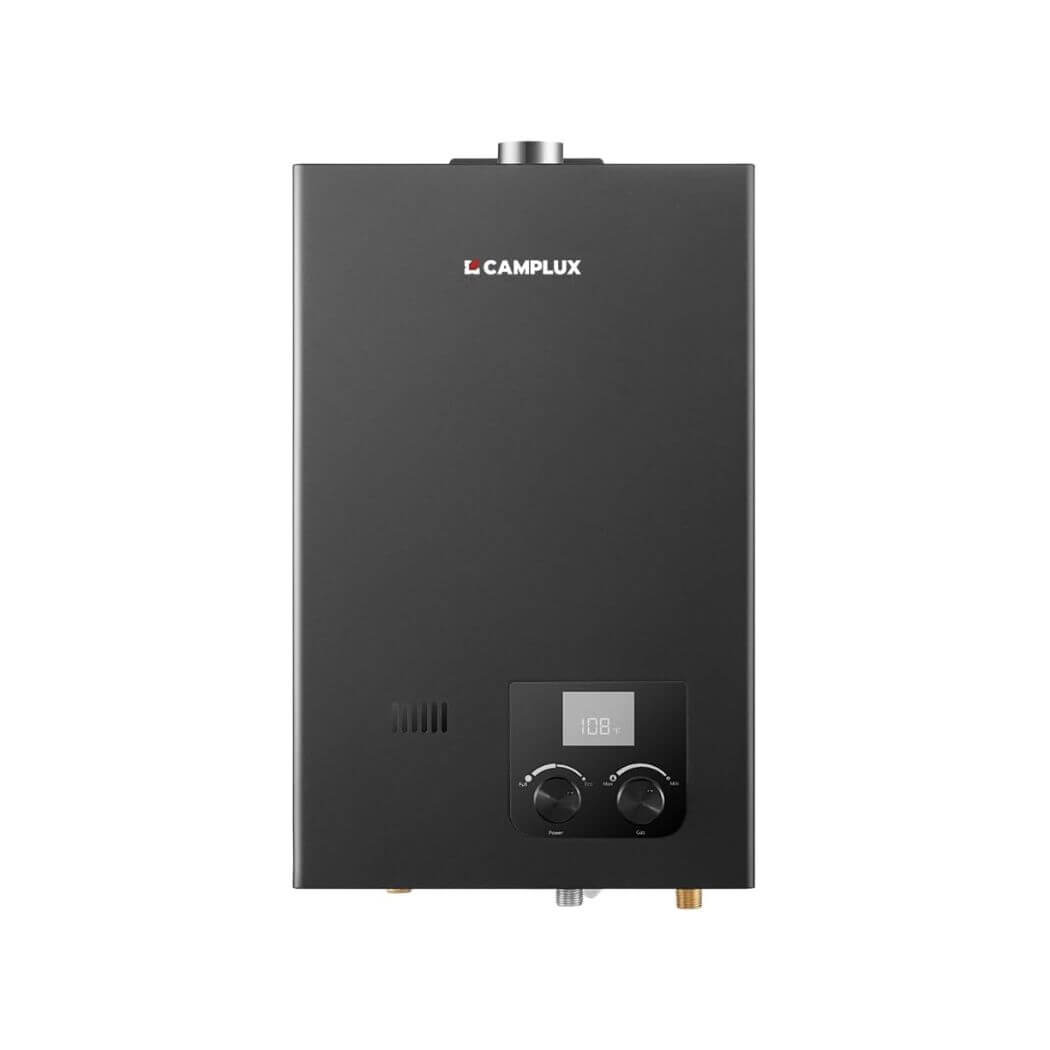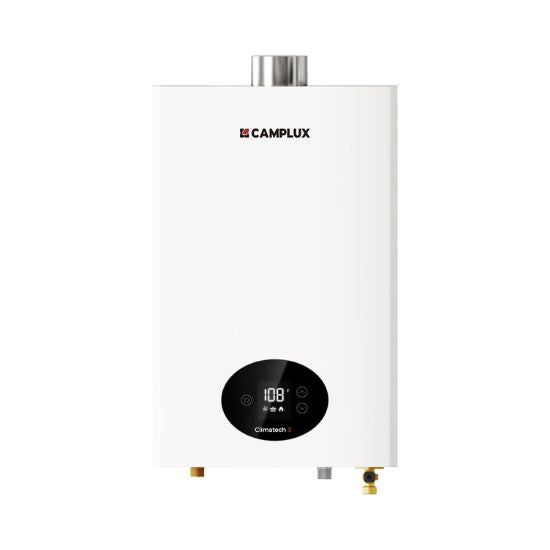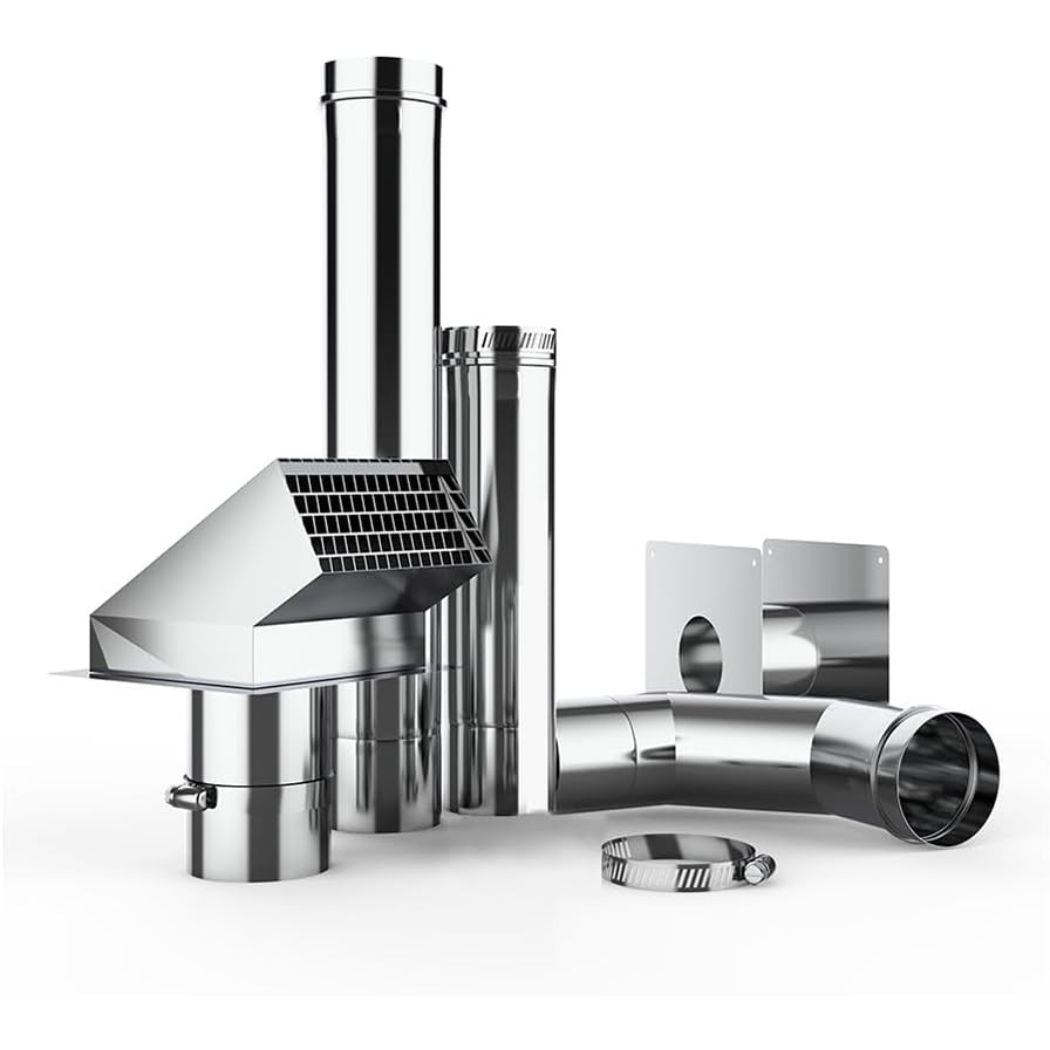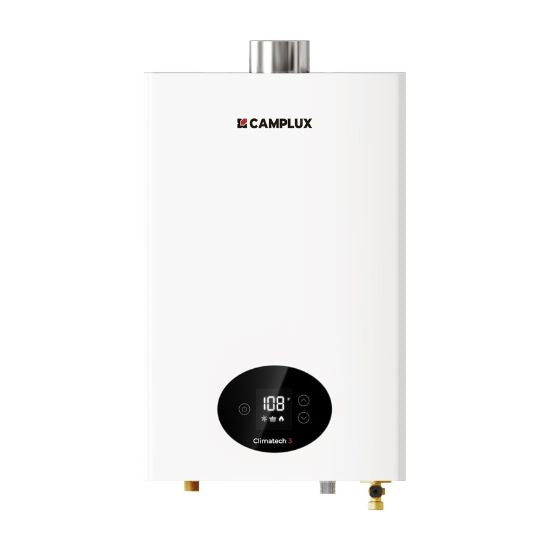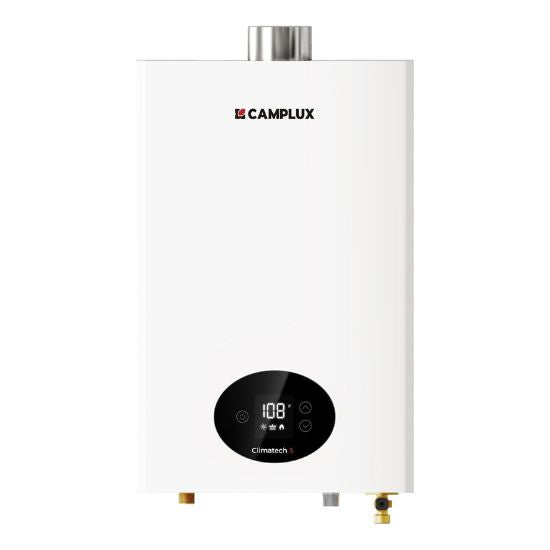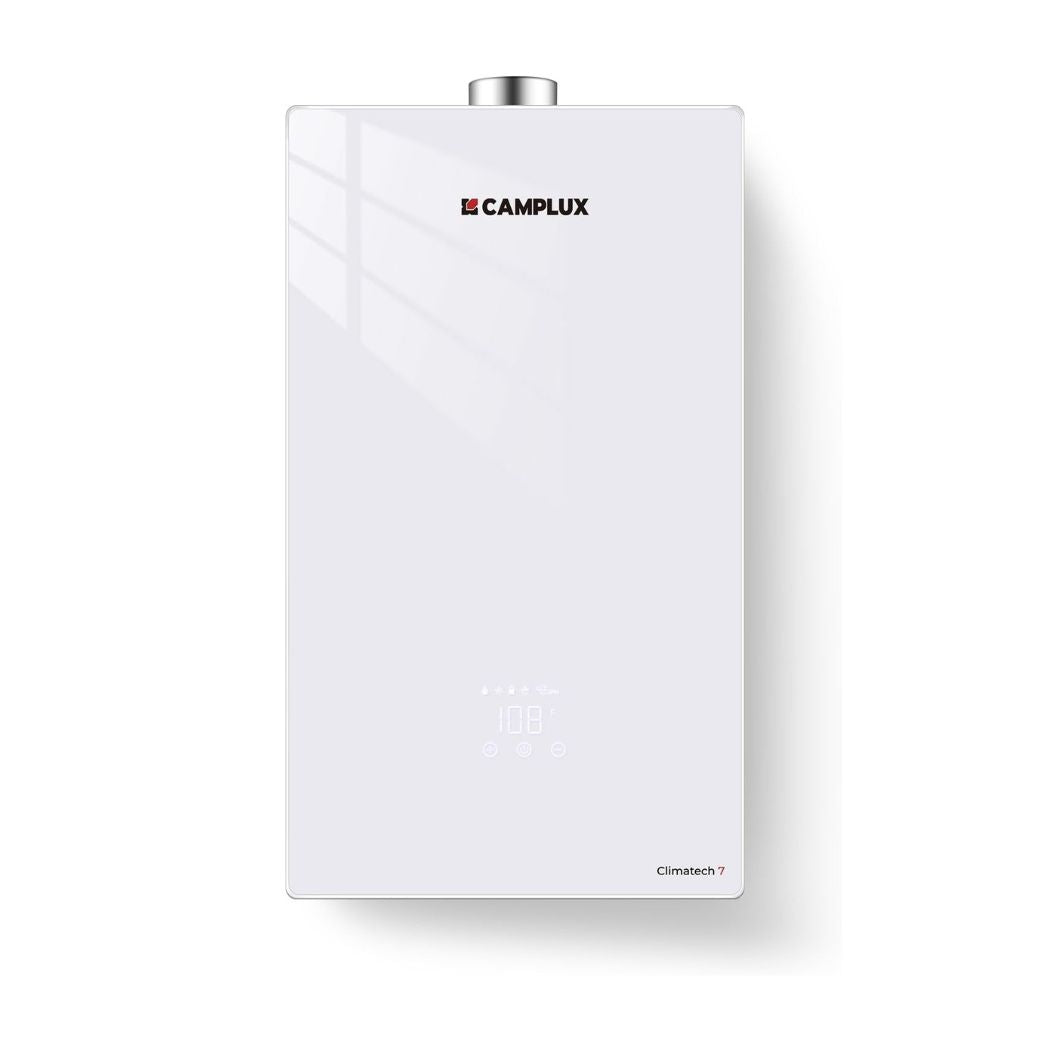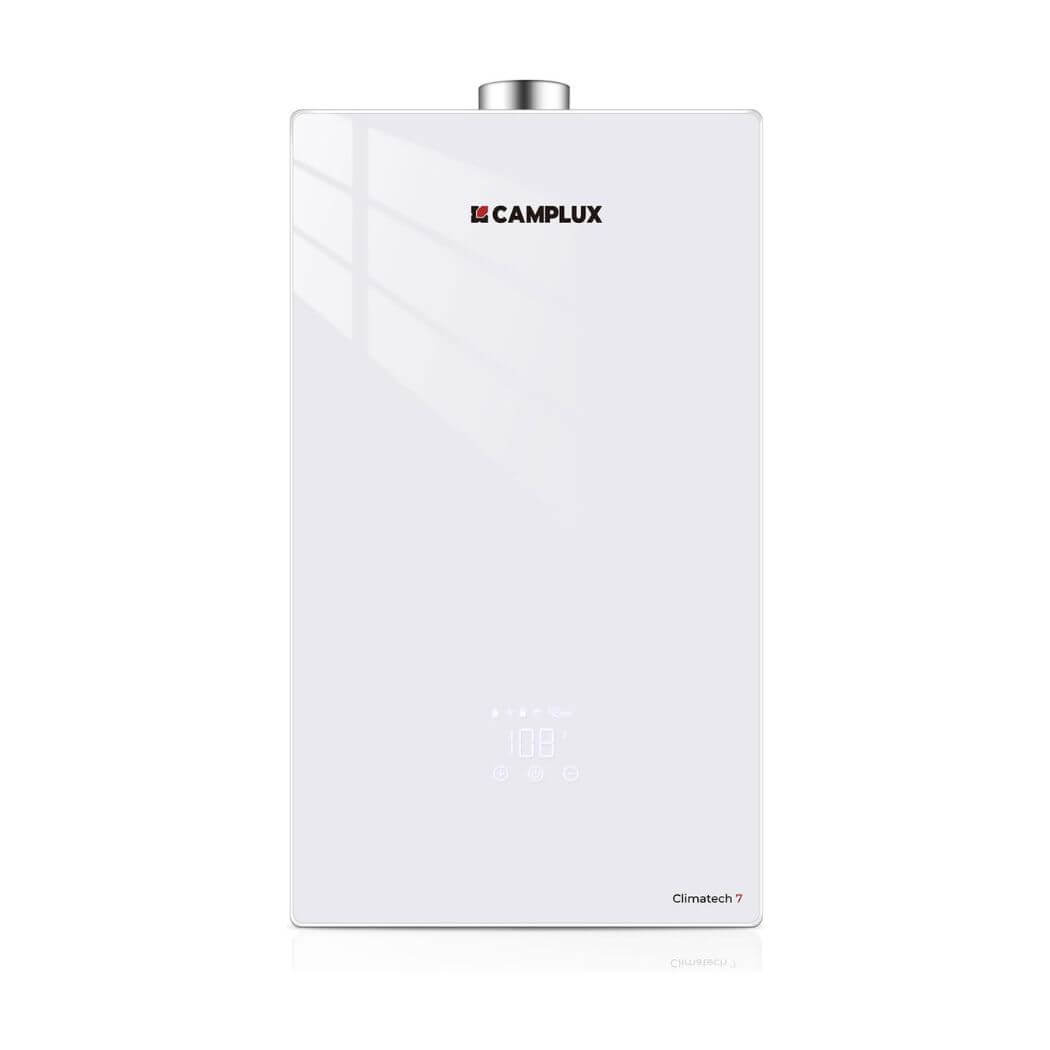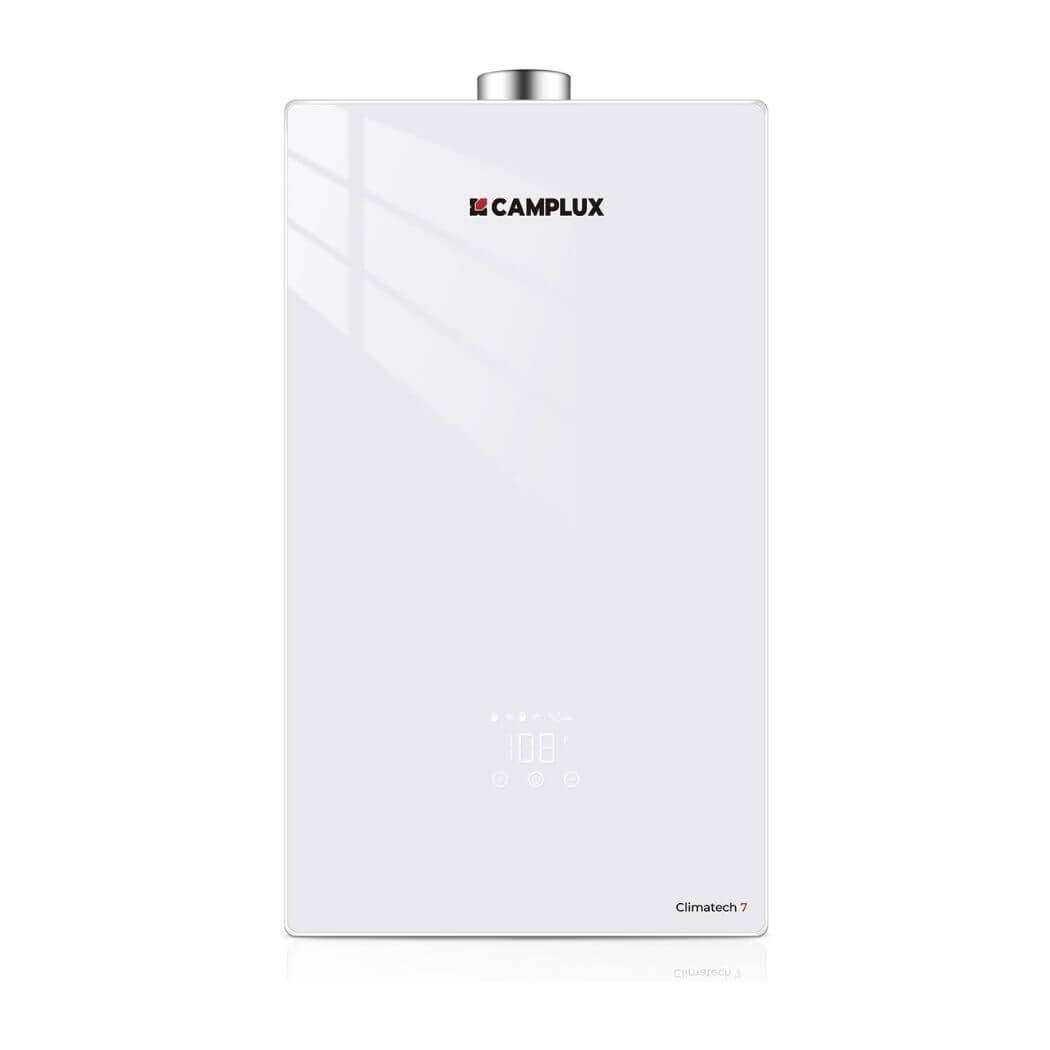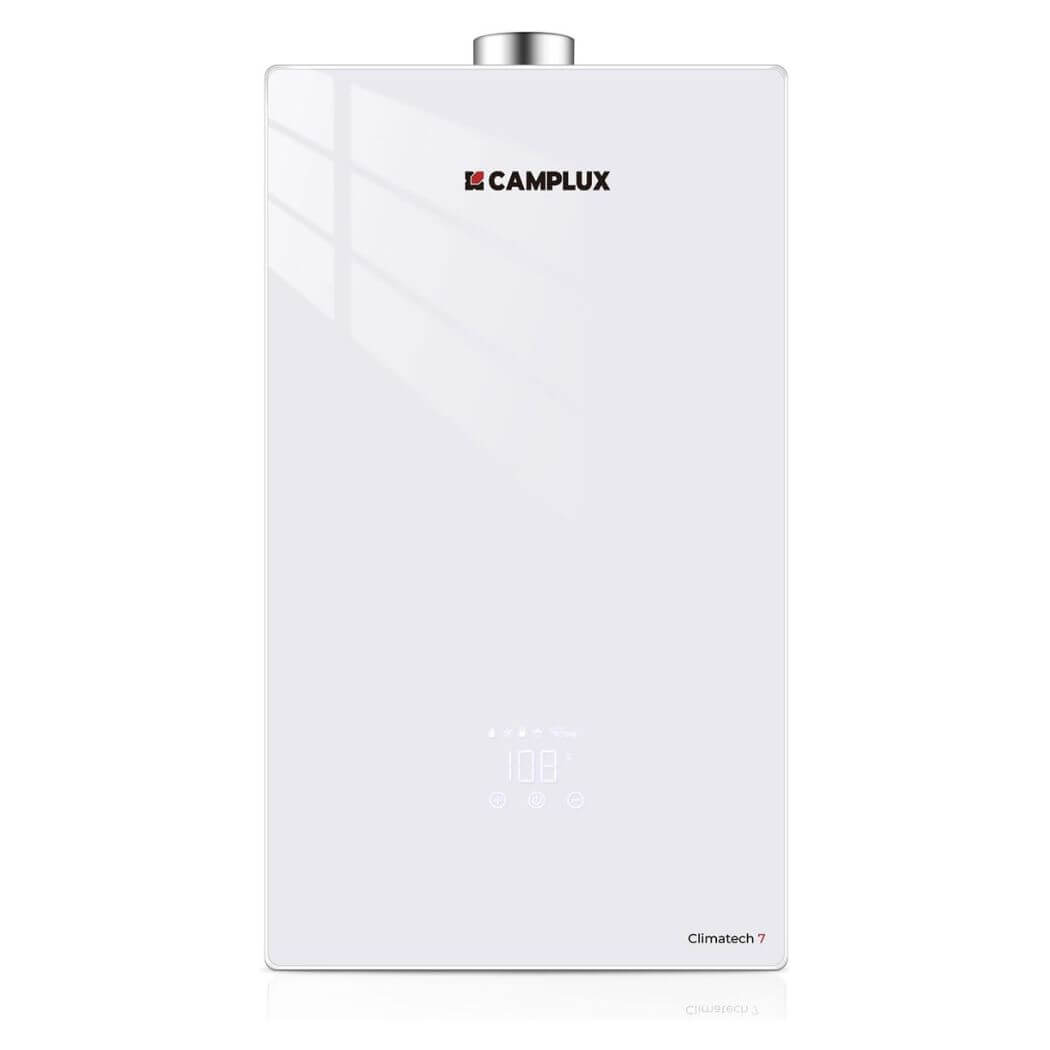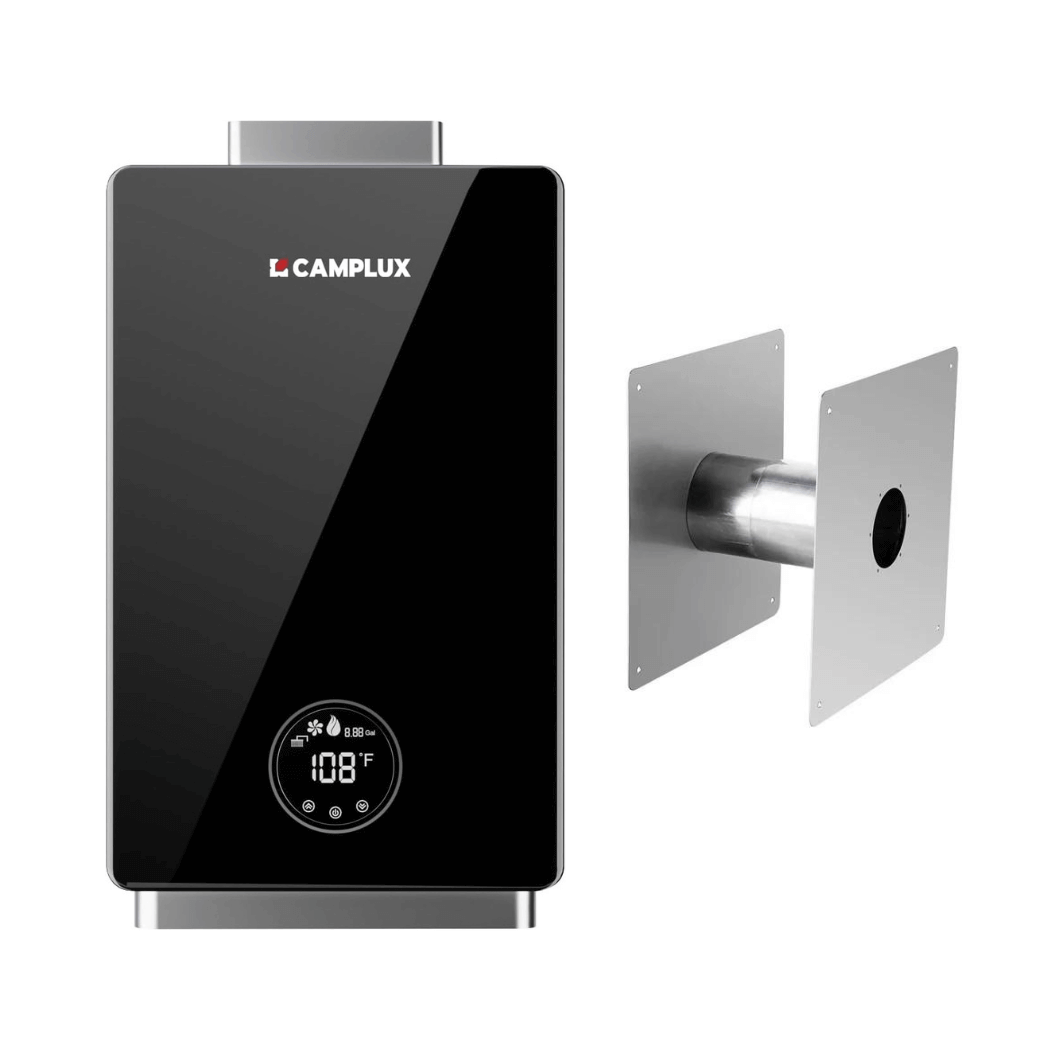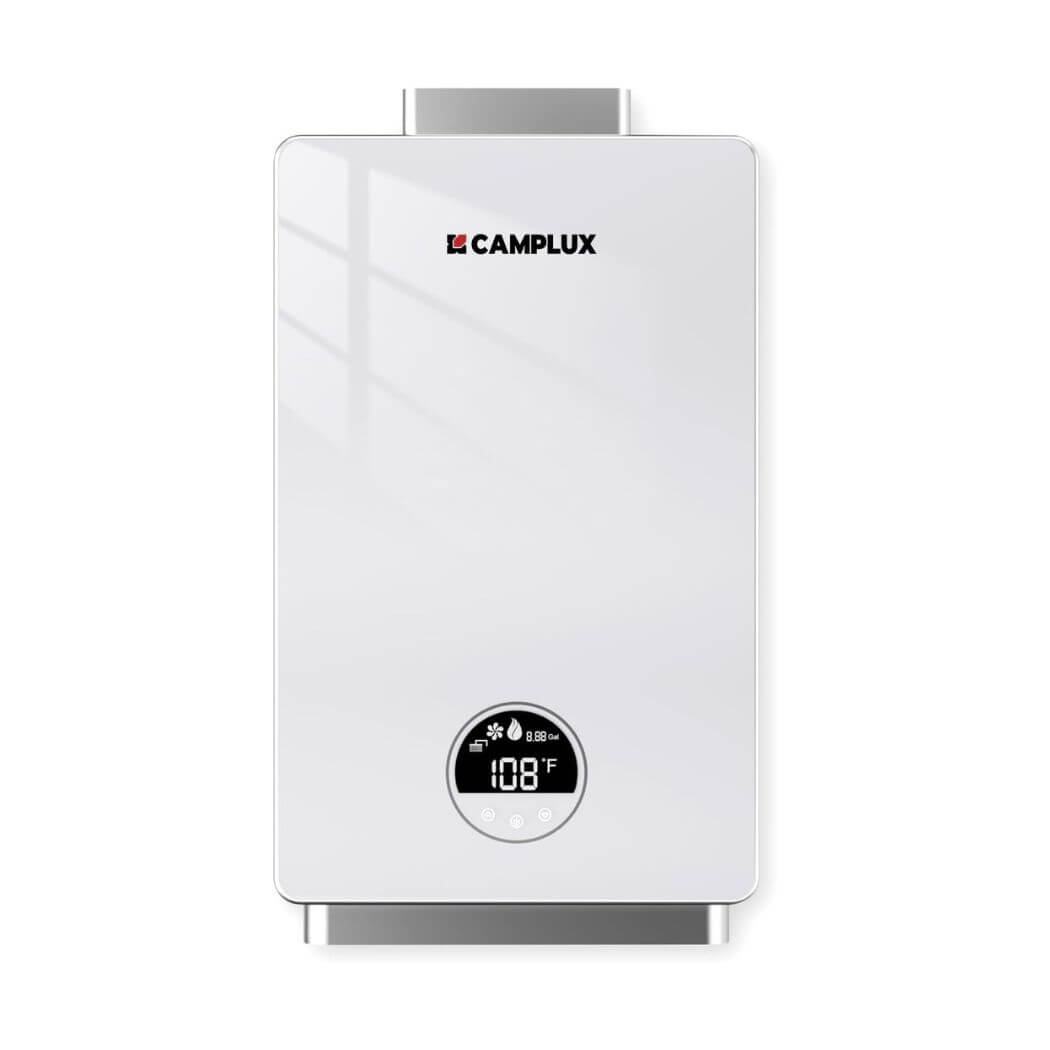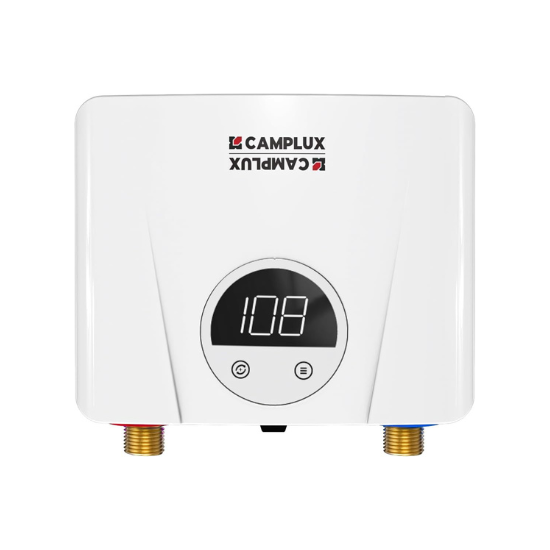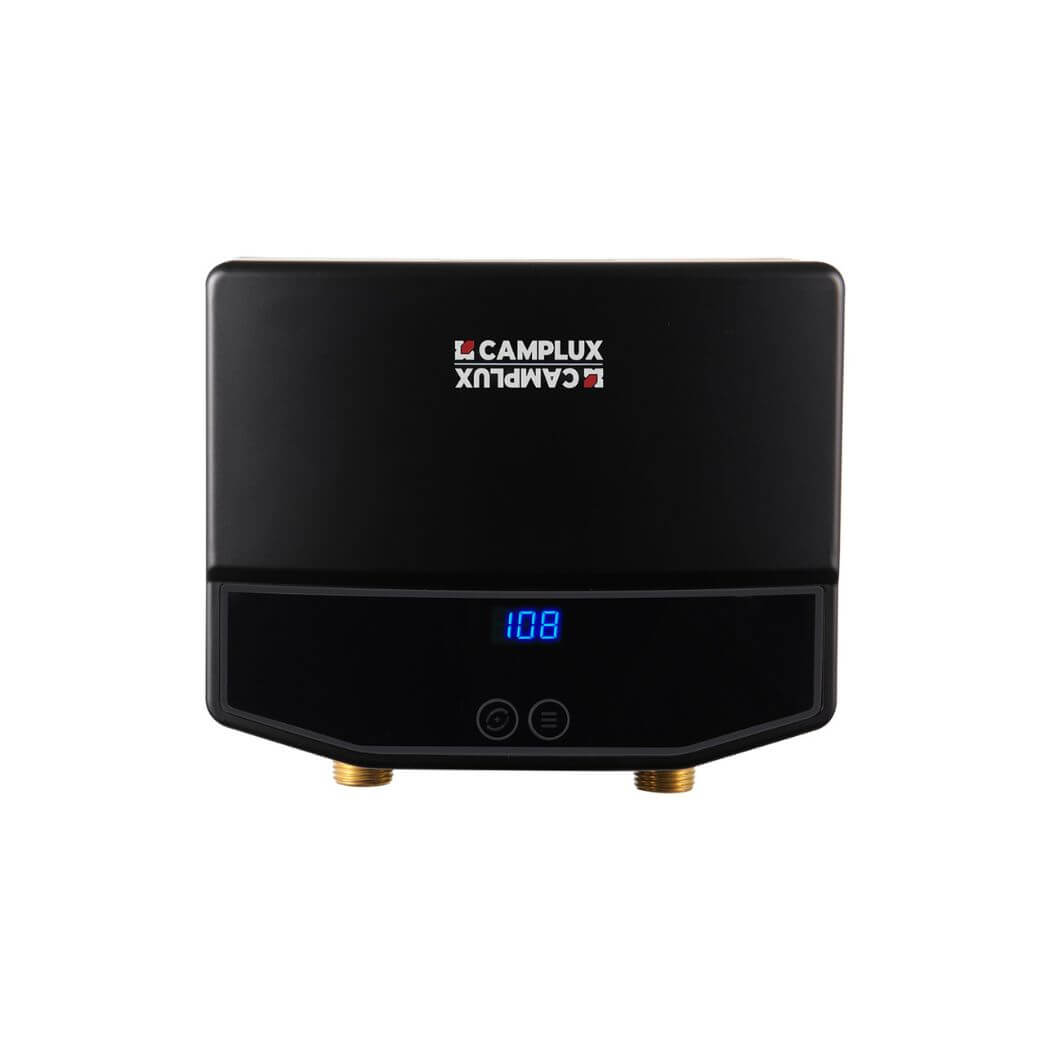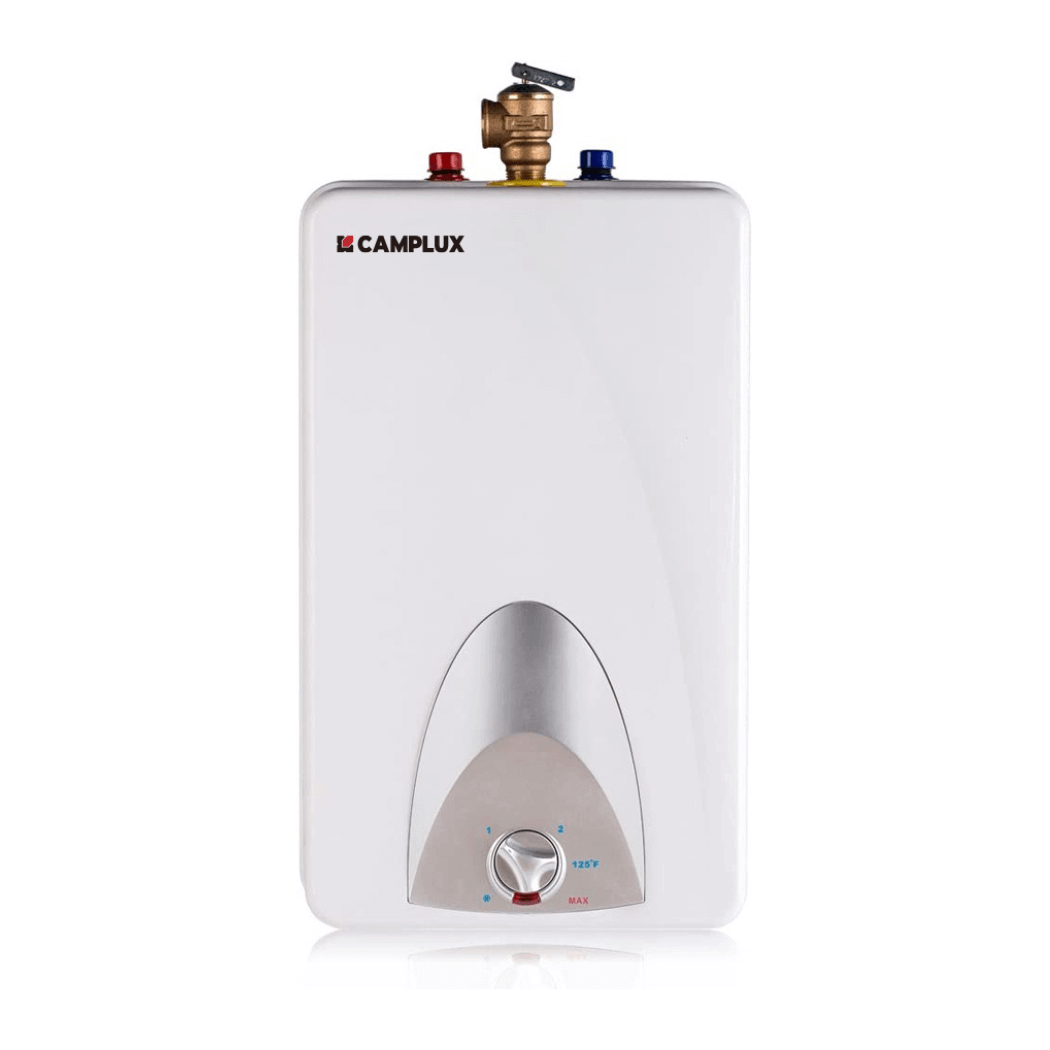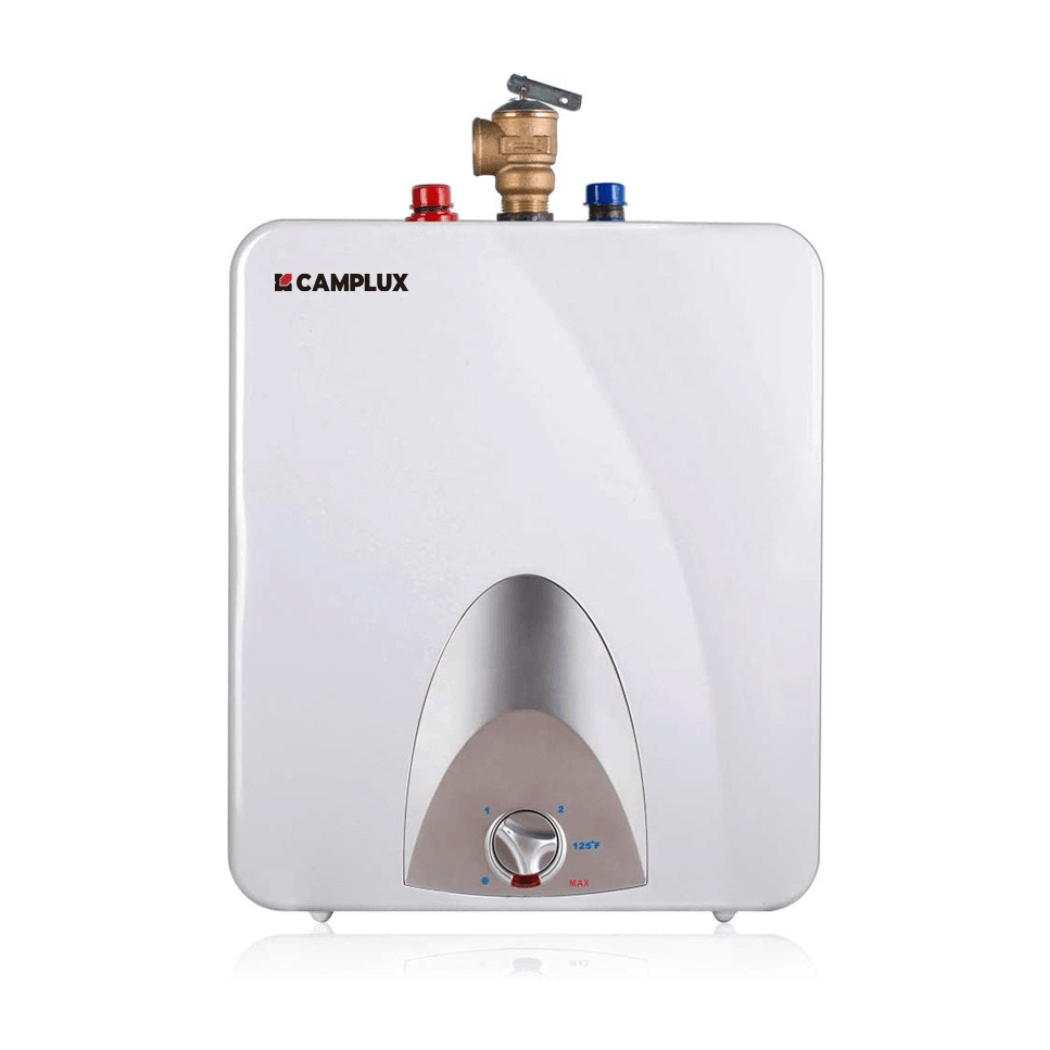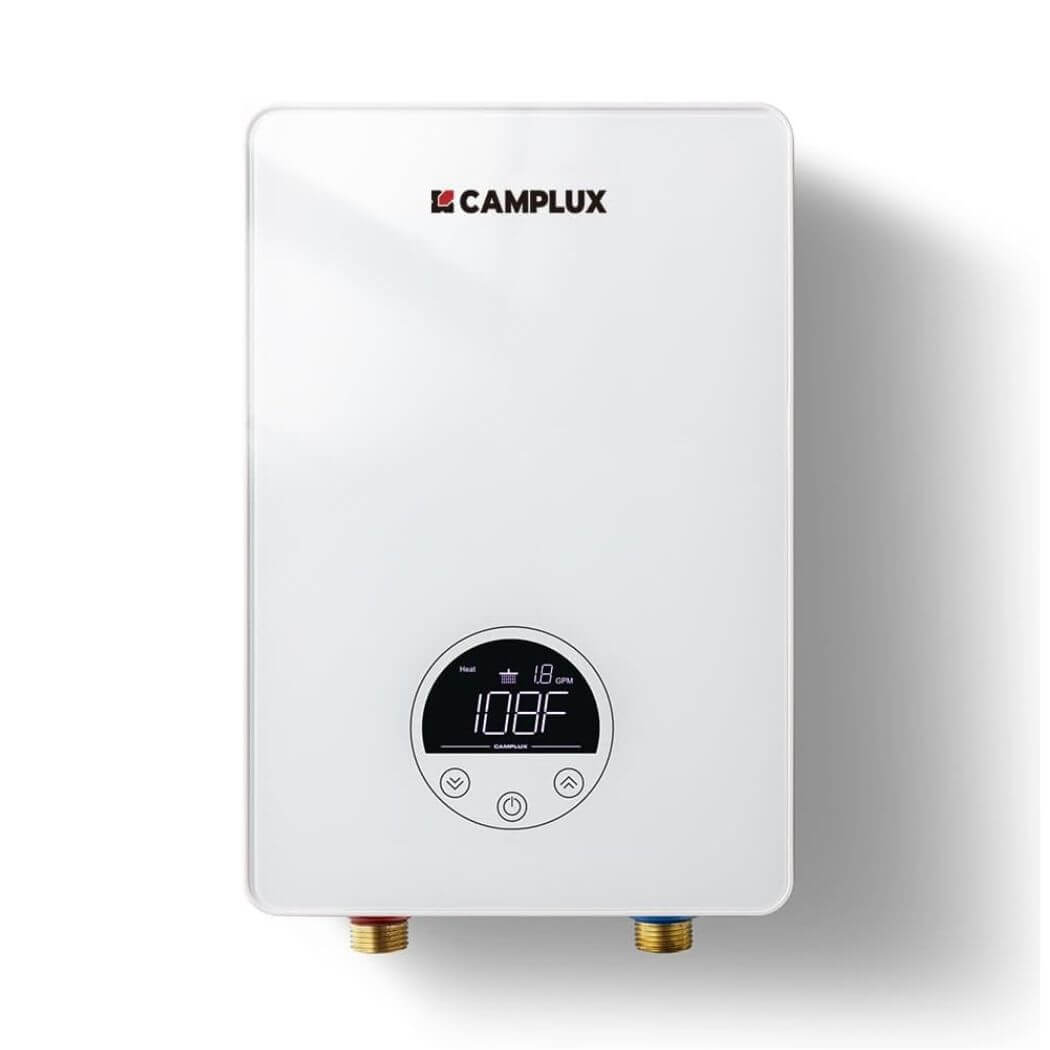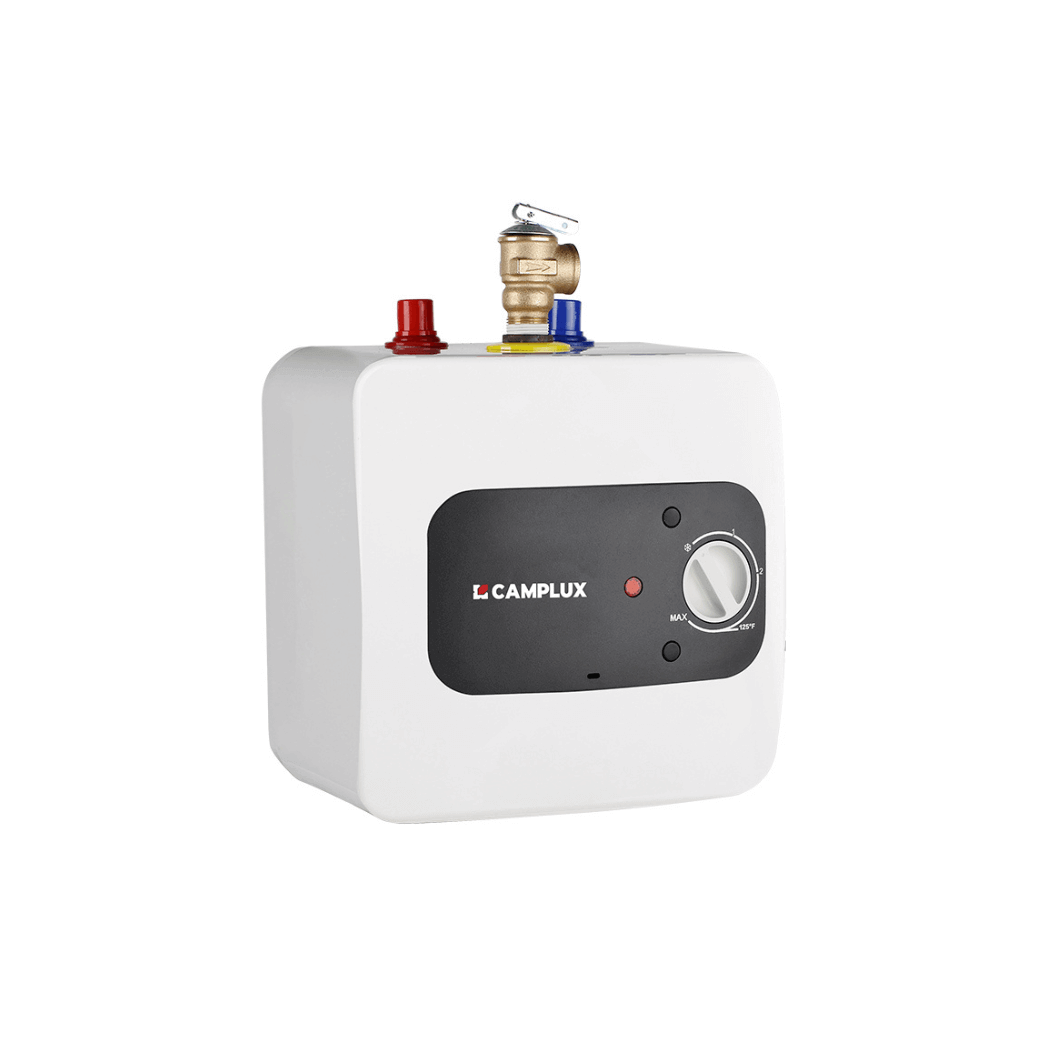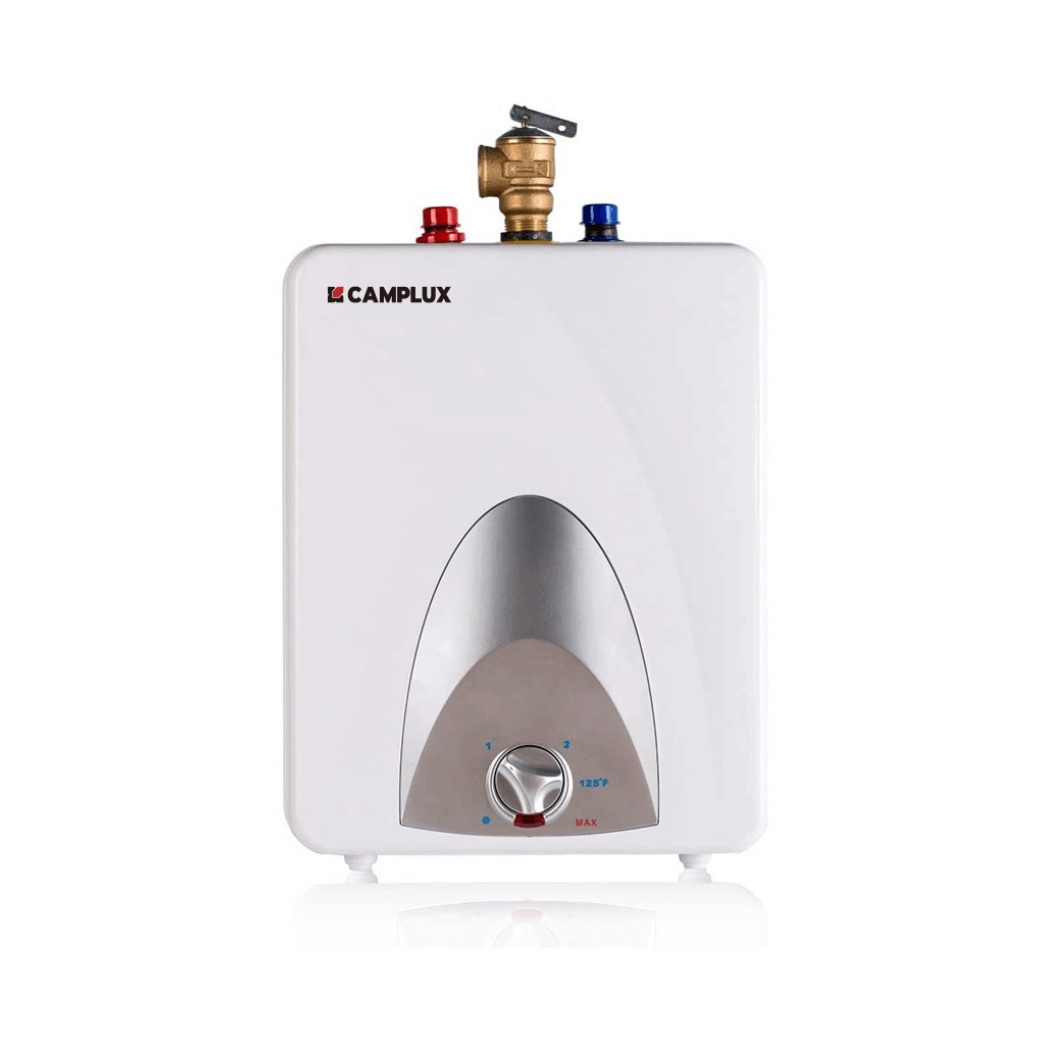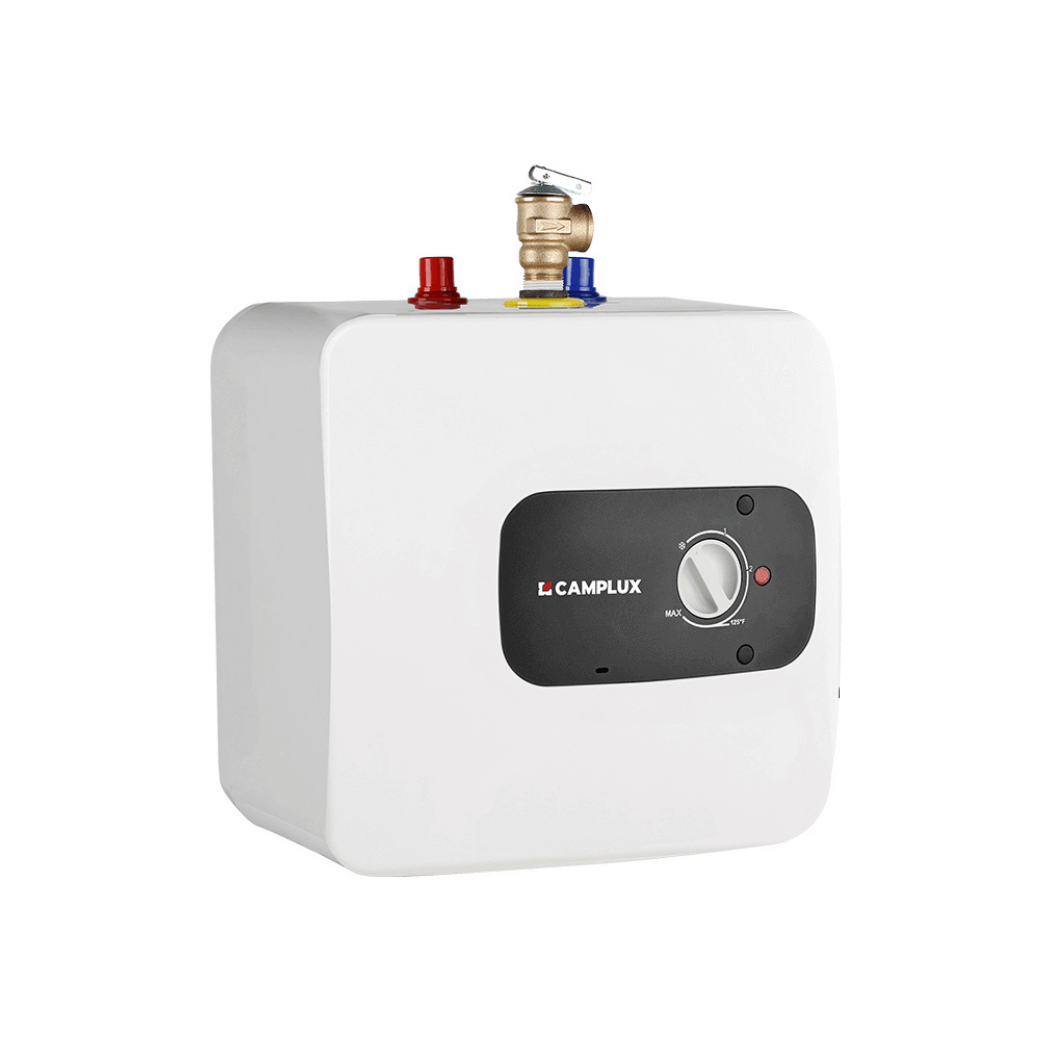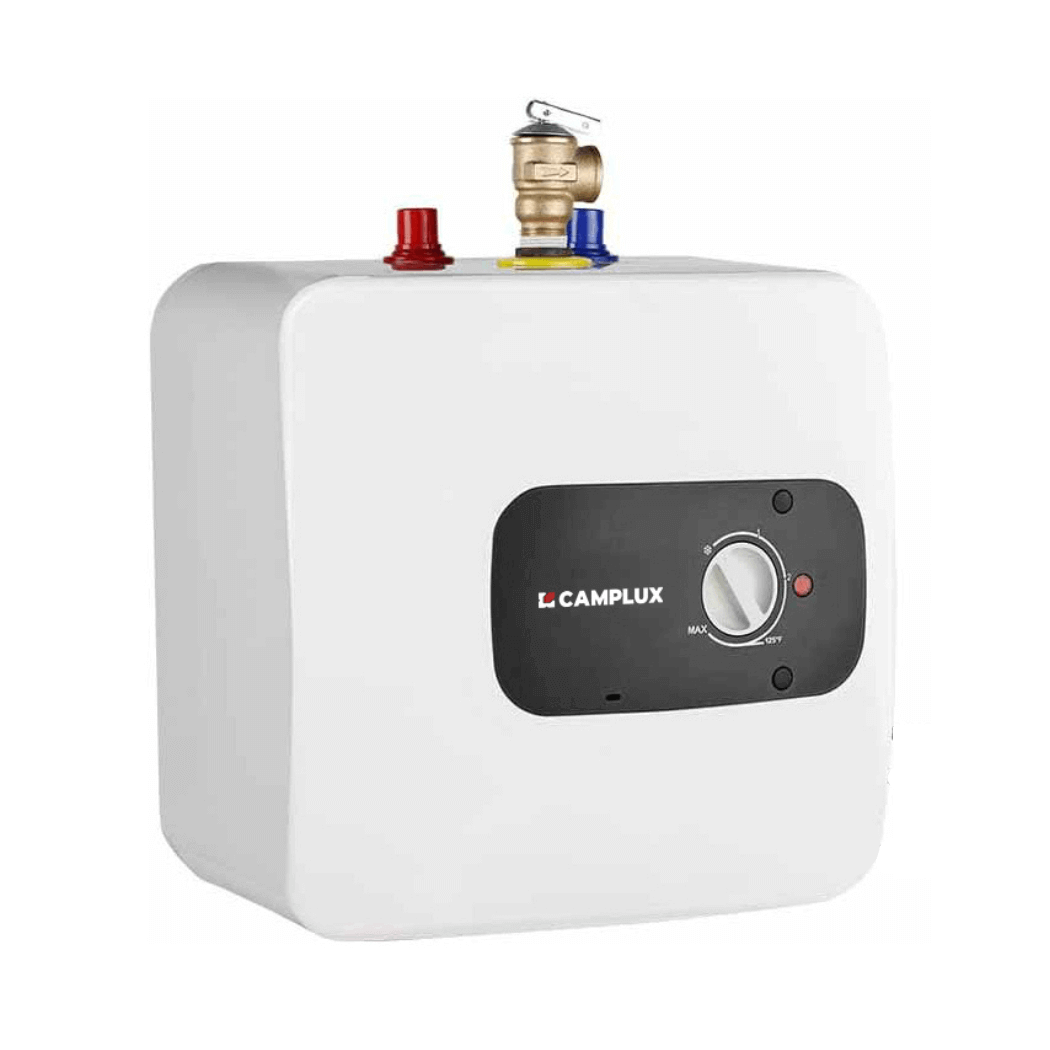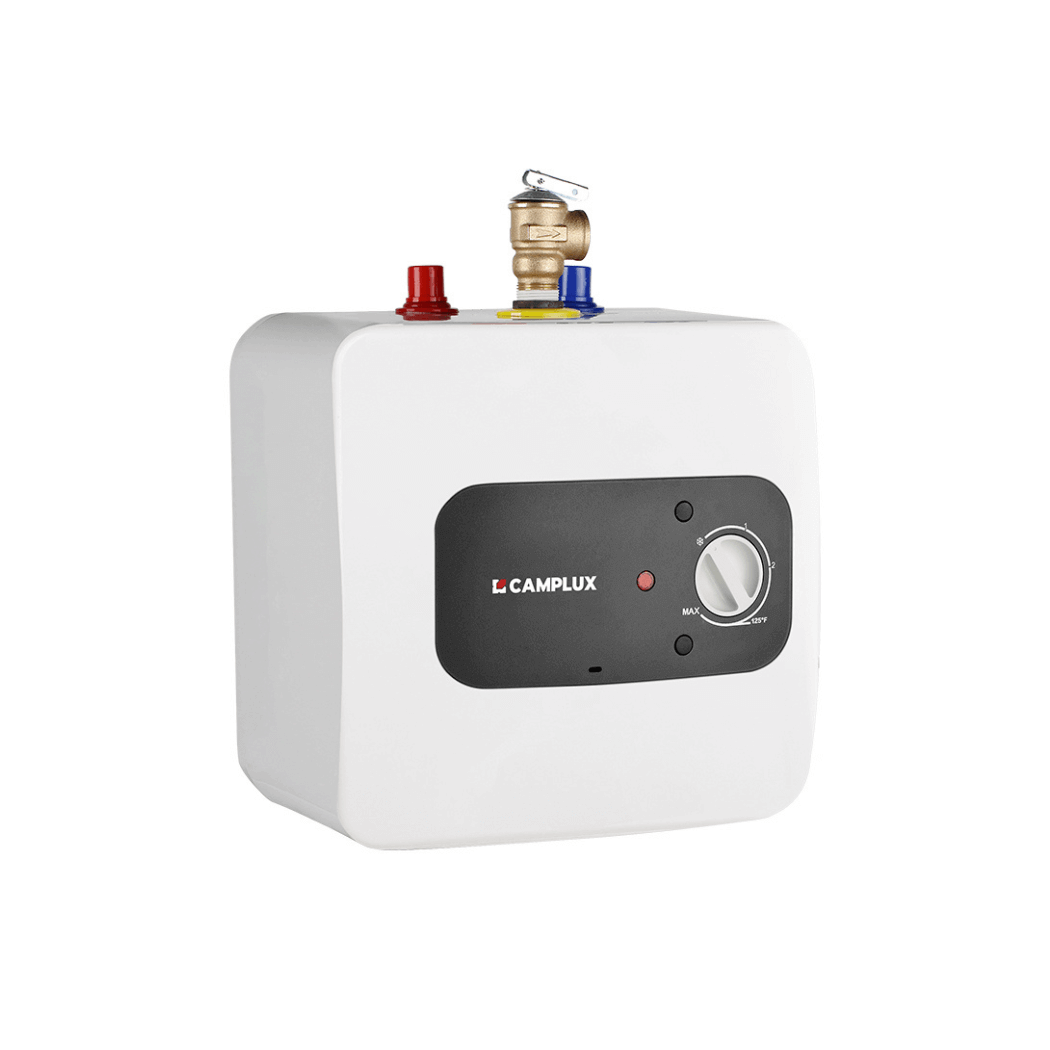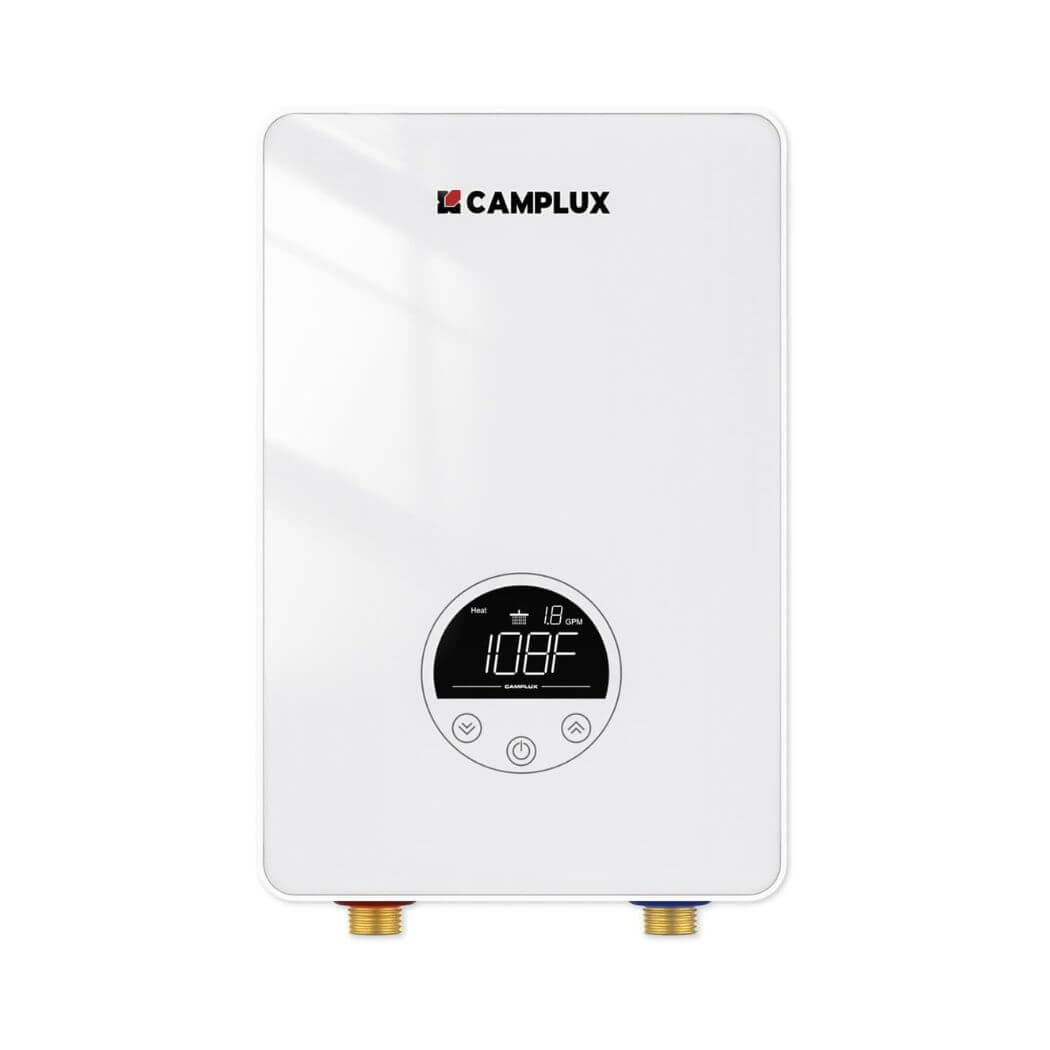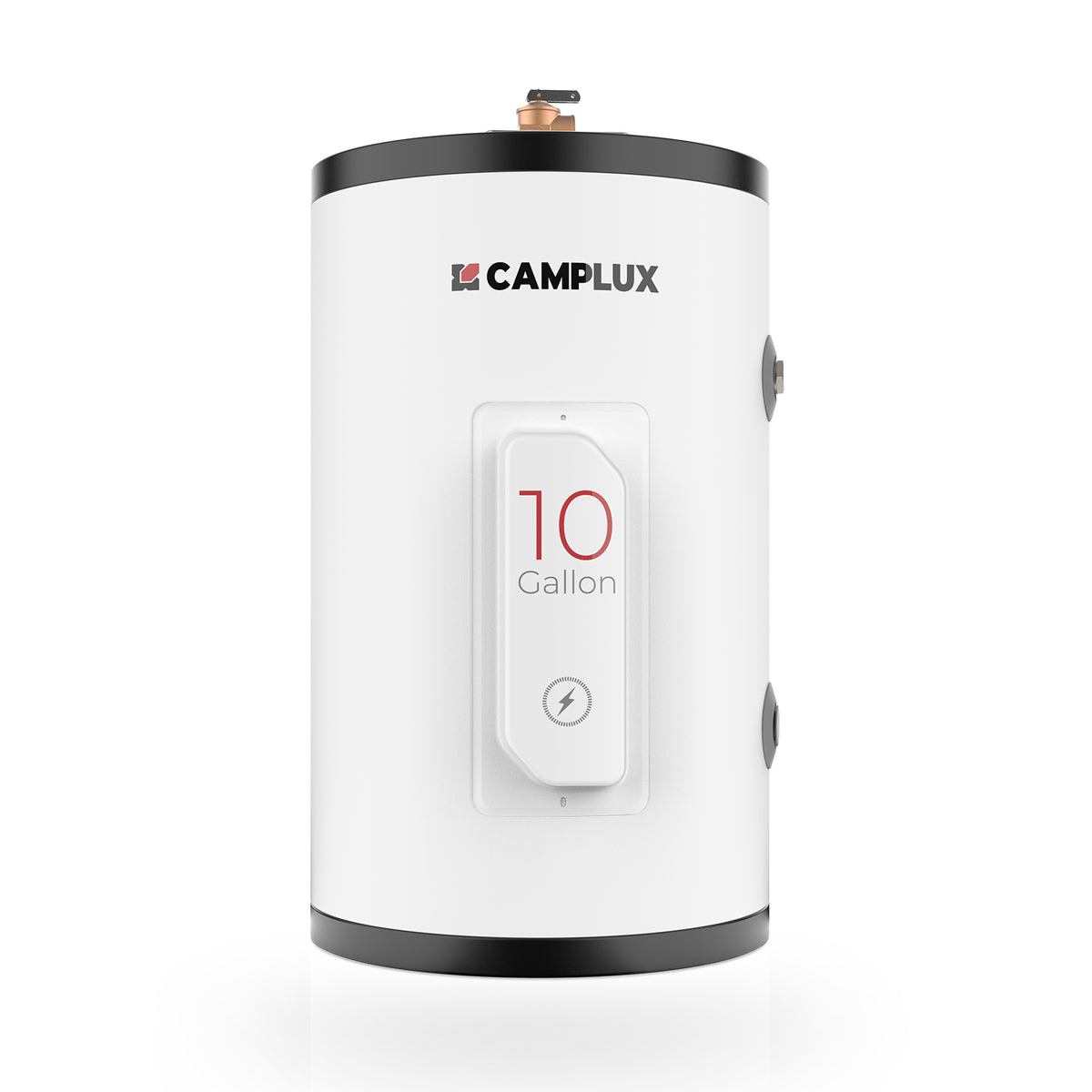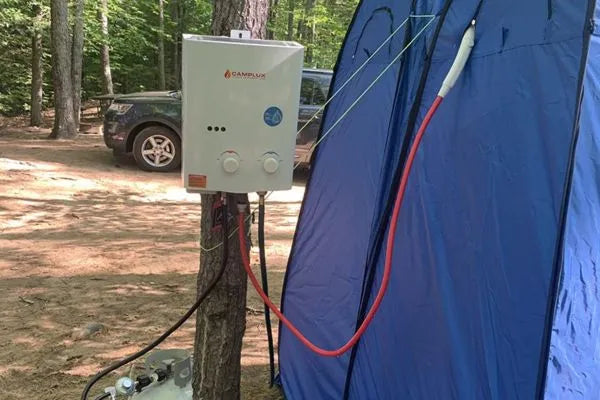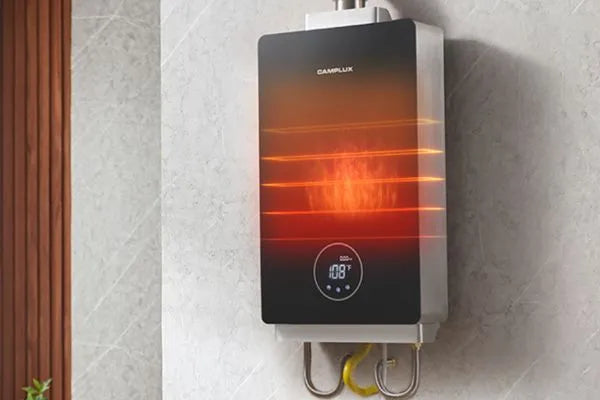When choosing a tankless water heater, it's important to consider several factors to ensure it meets your hot water needs. From determining your hot water demand to evaluating the flow rate and temperature rise, these factors will help you select the right tankless water heater for your home. In this article, we will discuss the key factors to consider when sizing a tankless water heater.
Key Takeaways
- Evaluate your hot water demand
- Consider the flow rate
- Determine the required temperature rise
- Choose between gas or electric
- Assess the available installation space
Factors to Consider When Sizing a Tankless Water Heater

Hot Water Demand
When determining the size of a tankless water heater, one of the key factors to consider is the hot water demand . This refers to the amount of hot water that is needed in your household on a daily basis. To accurately determine the hot water demand, you can consider factors such as the number of bathrooms, the number of people in your household, and the typical hot water usage patterns.
To calculate the hot water demand, you can use the following formula:
Hot Water Demand = Number of Bathrooms x Average Gallons per Minute (GPM) x Average Minutes of Use
It's important to accurately assess your hot water demand to ensure that the tankless water heater you choose can meet your household's needs. A tankless water heater that is too small may not be able to provide enough hot water, while a tankless water heater that is too large may result in wasted energy and higher costs.
Flow Rate
Flow rate is an important factor to consider when sizing a tankless water heater. It refers to the amount of hot water that the heater can deliver per minute. The flow rate is measured in gallons per minute (GPM) and determines how well the heater can meet the hot water demand of your household. When determining the flow rate, it is essential to consider the peak hot water usage in your home, such as simultaneous showers or running multiple appliances. This will ensure that the tankless water heater can provide enough hot water for your needs.
Temperature Rise
When sizing a tankless water heater, one important factor to consider is the temperature rise . The temperature rise refers to the difference between the desired hot water temperature and the incoming cold water temperature. It is crucial to calculate the temperature rise accurately to ensure the tankless water heater can meet the hot water demand.
To determine the temperature rise, you need to know the incoming cold water temperature and the desired hot water temperature. The incoming cold water temperature can vary depending on the location and season. The desired hot water temperature is typically set at 120°F (49°C) for most households.
Once you have the temperature rise, you can use it along with the flow rate to determine the size of the tankless water heater needed. The flow rate is the amount of hot water the heater can produce per minute. It is important to choose a tankless water heater with a flow rate that can meet your household's hot water demand.
When considering the temperature rise, it is also important to take into account the type of fuel the tankless water heater uses. Tankless water heaters can be powered by either gas or electric. Gas-powered heaters , such as those fueled by propane, tend to have higher temperature rise capabilities compared to electric heaters. This is an important consideration when determining the size of the tankless water heater needed.
In summary, when sizing a tankless water heater, accurately calculating the temperature rise is crucial. Consider the incoming cold water temperature, desired hot water temperature, and the type of fuel used. These factors will help determine the appropriate size of the tankless water heater for your household's hot water needs.
Gas or Electric
When choosing between a gas or electric tankless water heater, there are several factors to consider. Energy efficiency is an important consideration, as gas heaters tend to be more efficient than electric ones. Gas heaters also have a higher flow rate , which means they can provide hot water to multiple fixtures simultaneously. On the other hand, electric heaters are generally easier to install and require less maintenance. Additionally, the installation space required for an electric heater is usually smaller compared to a gas heater. It's important to evaluate your specific needs and preferences to determine whether a gas or electric tankless water heater is the right choice for you.
Installation Space
When it comes to installation space, it's important to consider the dimensions and requirements of a tankless water heater. These units are typically compact and can be mounted on a wall, saving valuable floor space. However, it's crucial to ensure that there is enough clearance around the unit for proper ventilation and maintenance access . Additionally, the location of the water heater should be convenient for both installation and future maintenance needs. It's recommended to consult the manufacturer's guidelines for specific space requirements and installation recommendations.
Energy Efficiency
When considering the energy efficiency of a tankless water heater, there are several factors to keep in mind. One important factor is the fuel source . Tankless water heaters can be powered by either gas or electricity . Gas-powered models tend to be more energy efficient, as they heat water more quickly and require less energy overall. However, electric models can still be a good option for homes where gas is not available.
Another factor to consider is the energy efficiency rating of the unit. Tankless water heaters are rated by their energy factor (EF), which measures how efficiently they convert energy into hot water. Look for a unit with a high EF rating to ensure optimal energy efficiency.
Additionally, the size of the tankless water heater can impact its energy efficiency. Choosing the right size for your hot water demand is crucial. A unit that is too small may struggle to meet your needs, while a unit that is too large can waste energy by heating more water than necessary.
Finally, it's important to consider the maintenance requirements of the tankless water heater. Regular maintenance, such as descaling and flushing the unit, can help maintain its energy efficiency and prolong its lifespan.
In summary, when evaluating the energy efficiency of a tankless water heater, consider the fuel source, energy efficiency rating, size, and maintenance requirements. By carefully considering these factors, you can choose a tankless water heater that is both energy efficient and reliable.
Maintenance Requirements

When it comes to the maintenance requirements of a tankless water heater, there are a few key factors to consider. One important aspect is the type of fuel used. Tankless water heaters can be powered by gas or electricity . Gas-powered units, such as those using propane burners , may require regular maintenance to ensure optimal performance. This can include cleaning the burners and checking for any gas leaks. On the other hand, electric tankless water heaters generally have lower maintenance requirements, as they do not have any combustion components. However, it is still important to regularly check for any electrical issues and ensure proper insulation and grounding.
When it comes to choosing a tankless water heater, there are several factors to consider. The size of the heater is one of the most important factors to take into account. A tankless water heater should be sized appropriately to meet the hot water demands of your household. Factors such as the number of bathrooms , the number of people in your household, and the flow rate of your fixtures should all be considered when determining the size of the heater. Choosing the right size will ensure that you have enough hot water for your needs without wasting energy. At Camplux, we offer a range of top-rated tankless water heaters that are designed to provide efficient and reliable hot water. Visit our website to explore our selection and find the perfect tankless water heater for your home.
Conclusion
In conclusion, when sizing a tankless water heater, it is important to consider several factors. Proper sizing is crucial to ensure that the water heater meets the hot water demands of your household. Flow rate , temperature rise , energy efficiency , installation requirements , and maintenance are all important factors to take into account. By carefully considering these factors, you can choose the right tankless water heater that will provide you with reliable and efficient hot water supply for years to come.
Frequently Asked Questions
1. How do I determine the hot water demand in my household?
To determine the hot water demand in your household, you can calculate the average gallons per minute (GPM) of hot water used by all fixtures and appliances that require hot water.
2. What is flow rate and why is it important when sizing a tankless water heater?
Flow rate refers to the amount of hot water that can be supplied by a tankless water heater at a given time. It is an important factor to consider when sizing a tankless water heater because it determines whether the unit can meet your household's hot water demands.
3. How do I calculate the temperature rise needed for my tankless water heater?
To calculate the temperature rise needed for your tankless water heater, subtract the incoming water temperature from the desired hot water temperature. The result is the temperature rise required.
4. Should I choose a gas or electric tankless water heater?
The choice between a gas or electric tankless water heater depends on various factors such as energy costs, availability of fuel sources, and installation requirements. Gas tankless water heaters generally have higher flow rates and can handle larger hot water demands, while electric tankless water heaters are more energy-efficient and have lower upfront costs.
5. How much installation space is required for a tankless water heater?
The installation space required for a tankless water heater depends on the specific model and manufacturer. Generally, tankless water heaters are compact and can be installed in small spaces, such as closets or utility rooms.
6. What are the maintenance requirements for a tankless water heater?
Maintenance requirements for a tankless water heater typically include periodic flushing to remove mineral deposits, checking and cleaning the air intake and exhaust vents, and inspecting the unit for any signs of damage or leaks. It is recommended to follow the manufacturer's instructions for proper maintenance.

